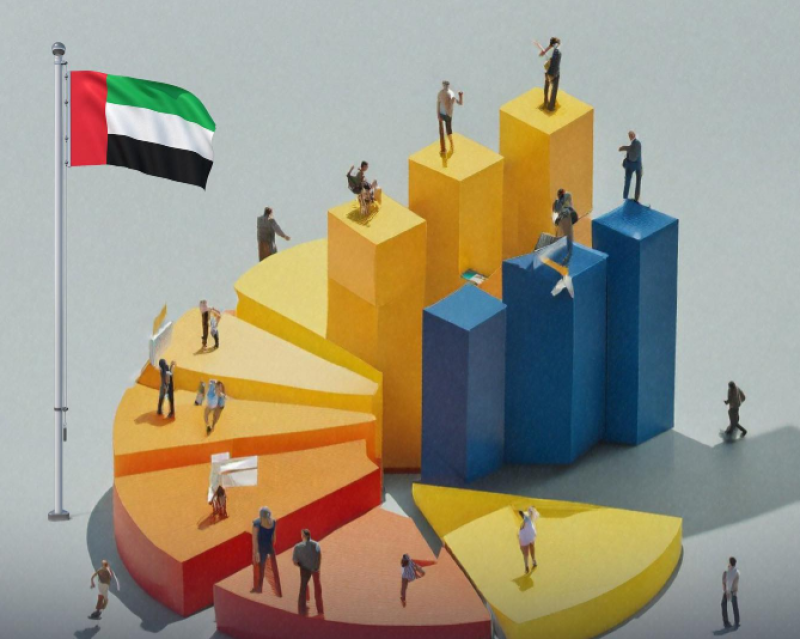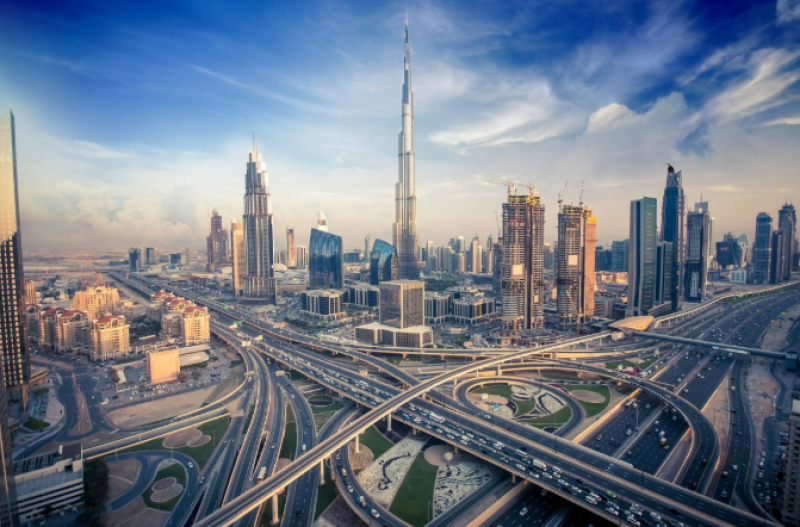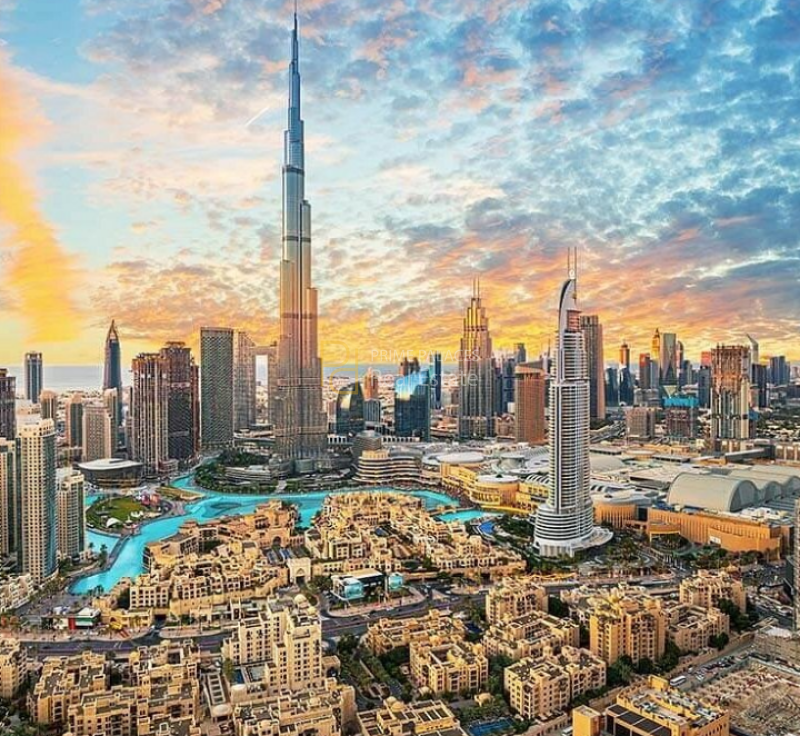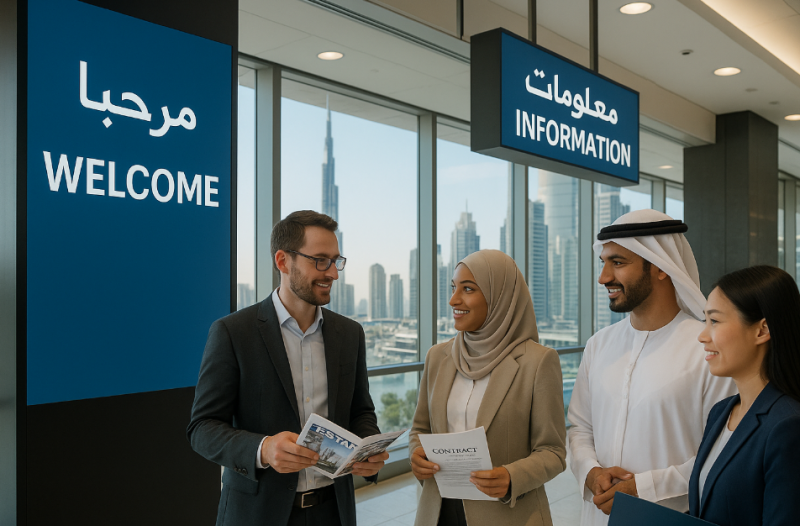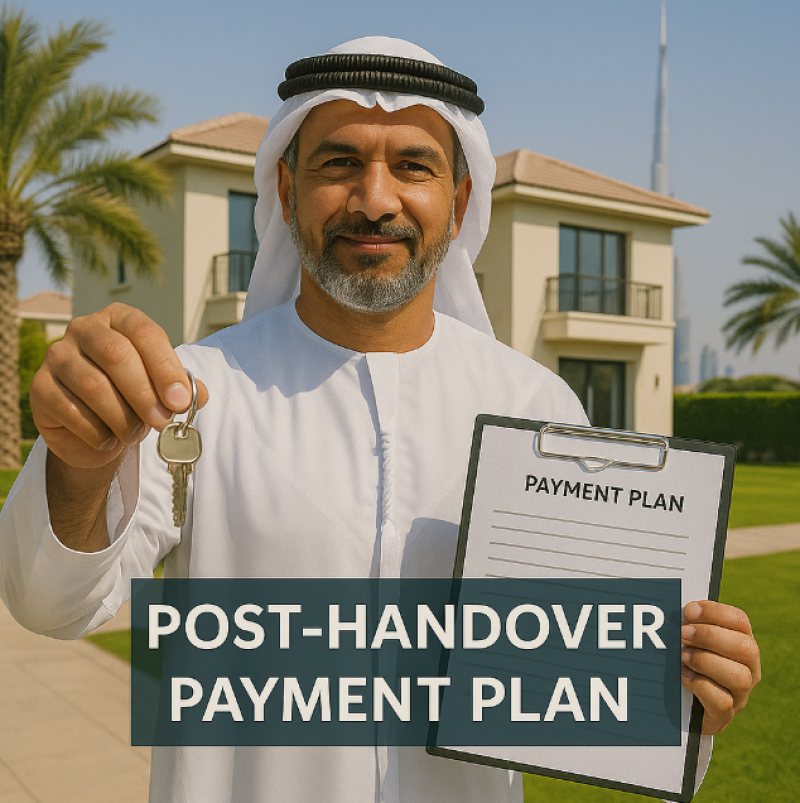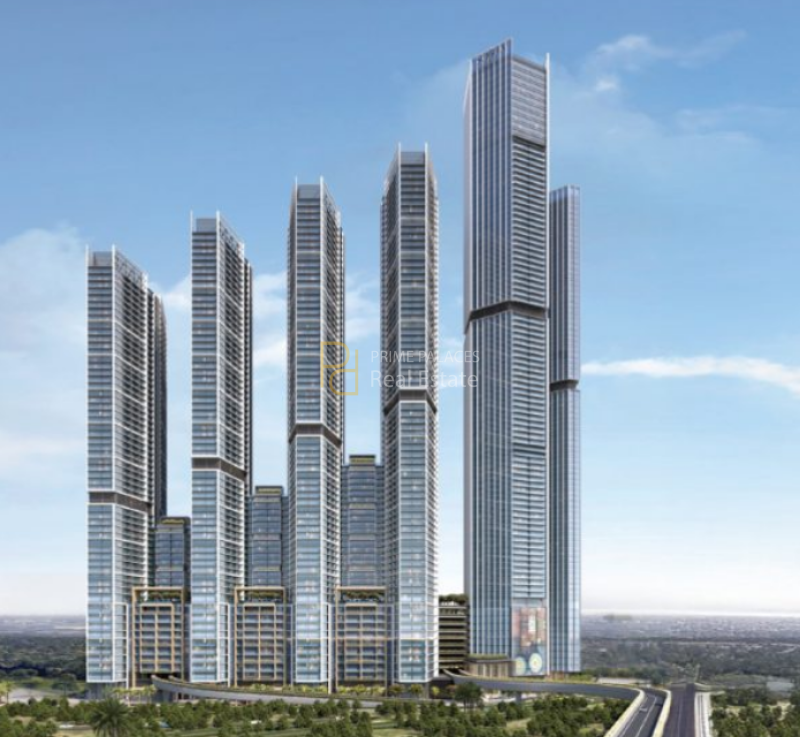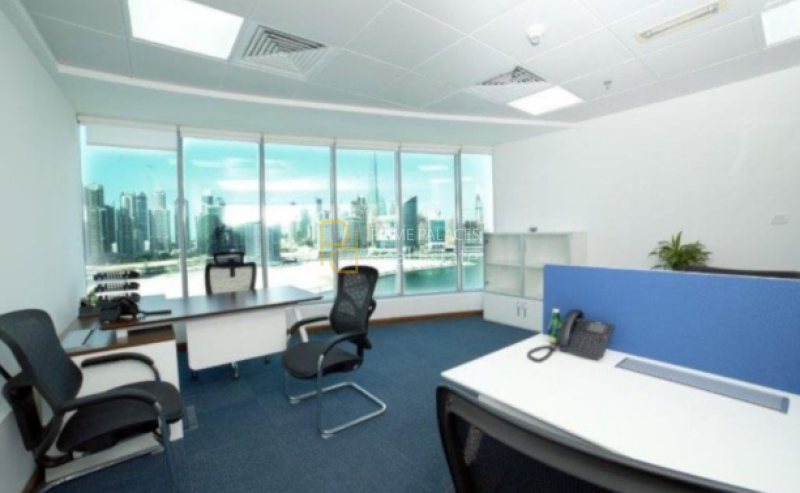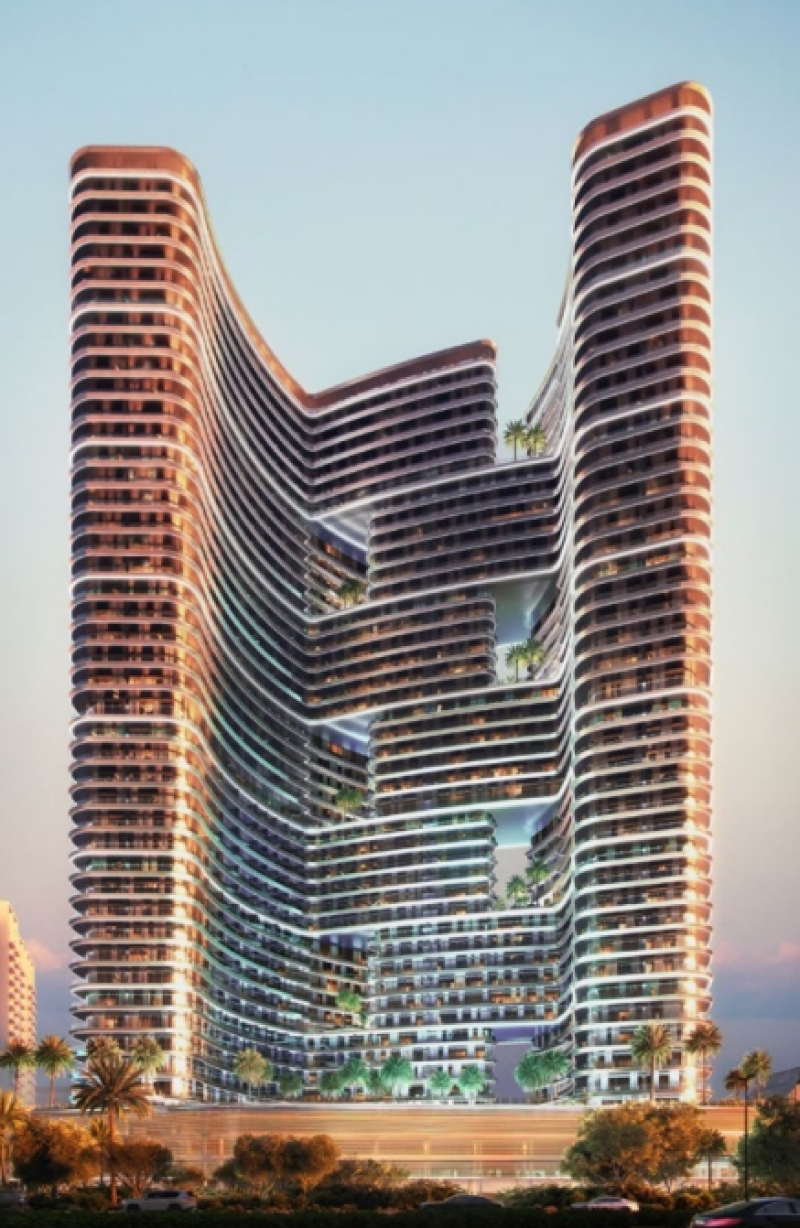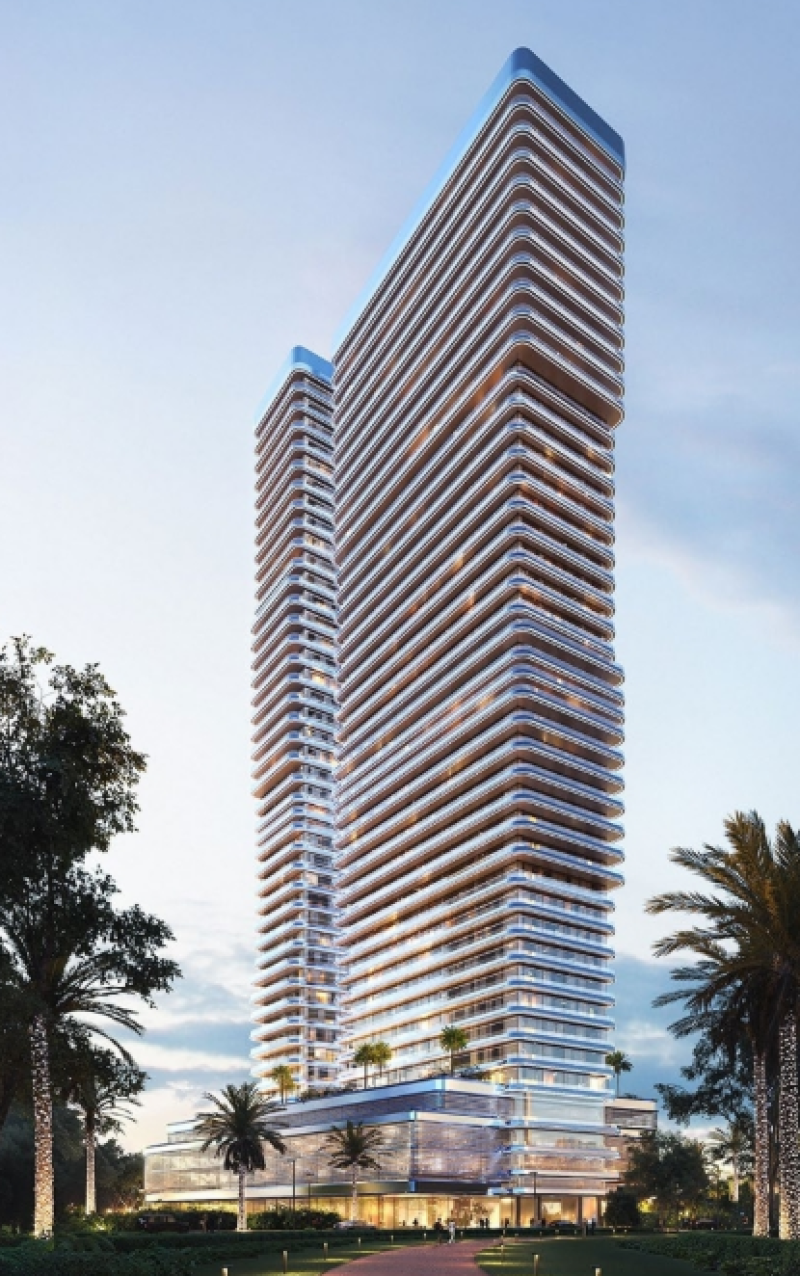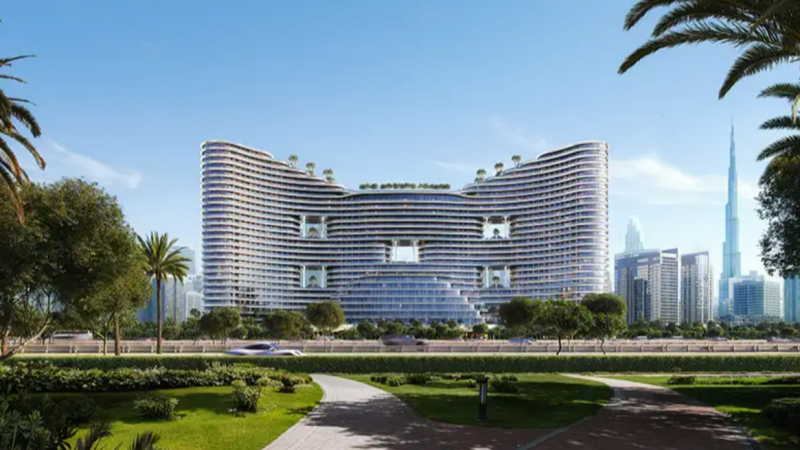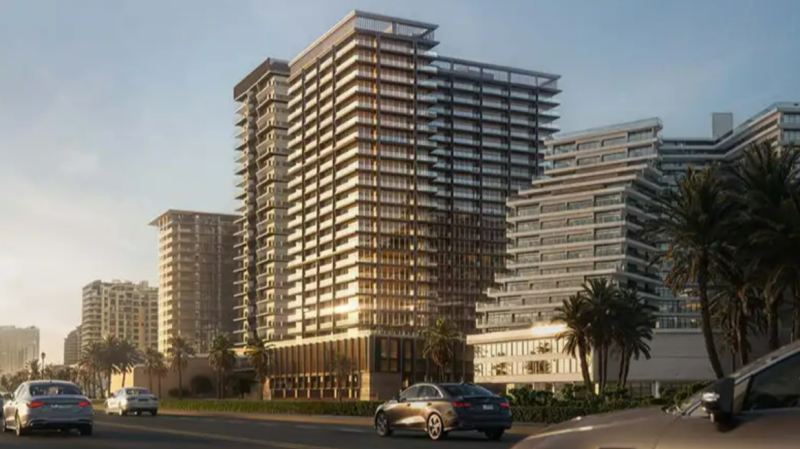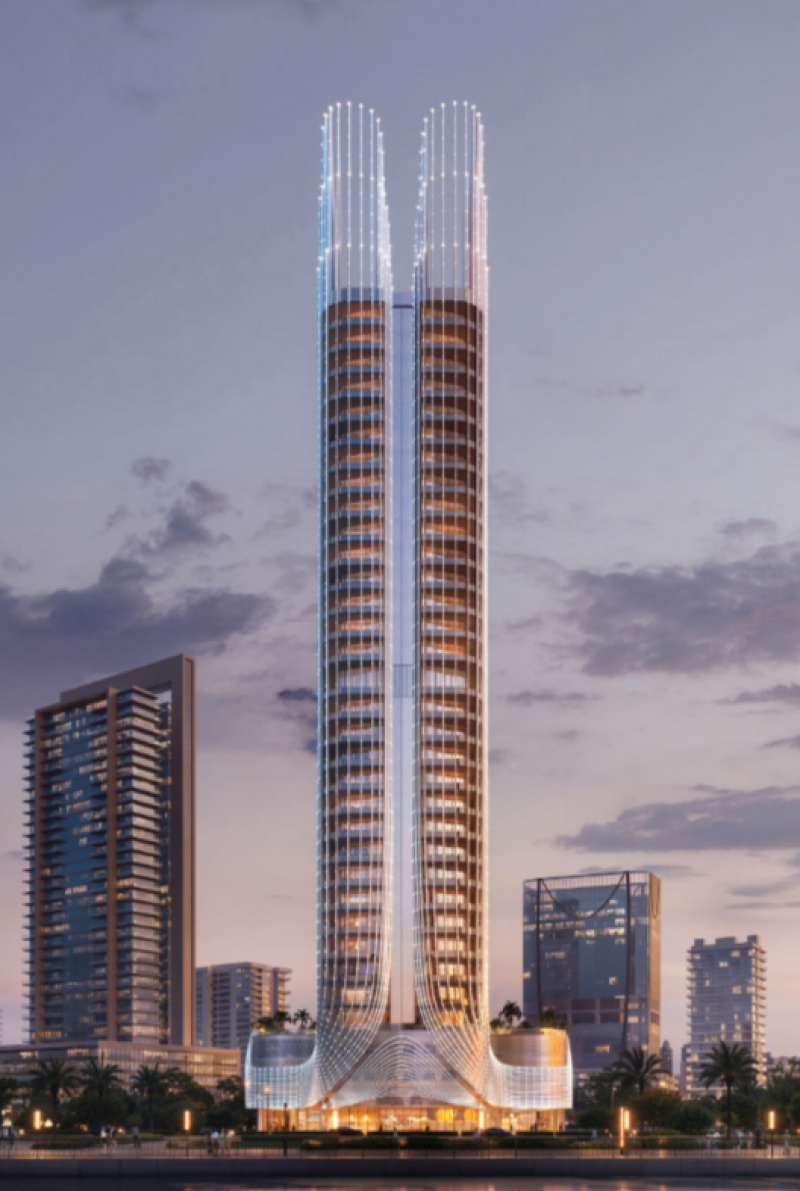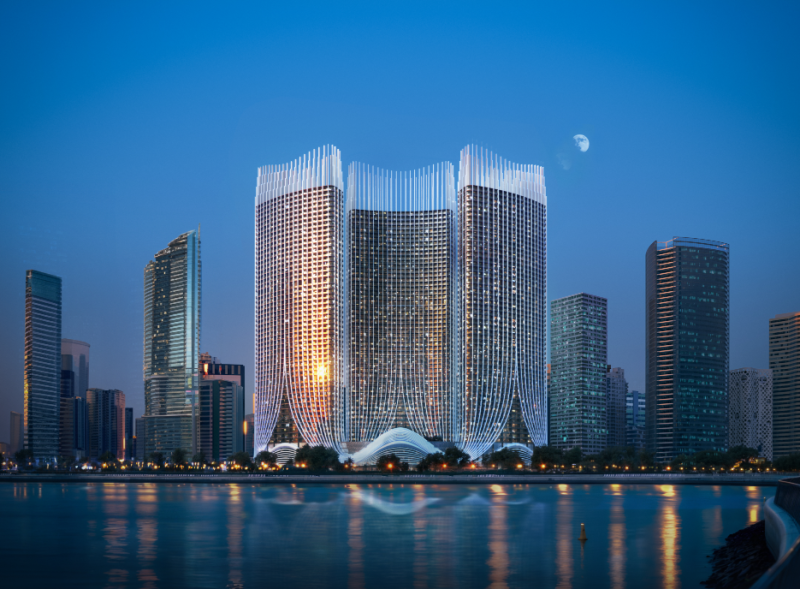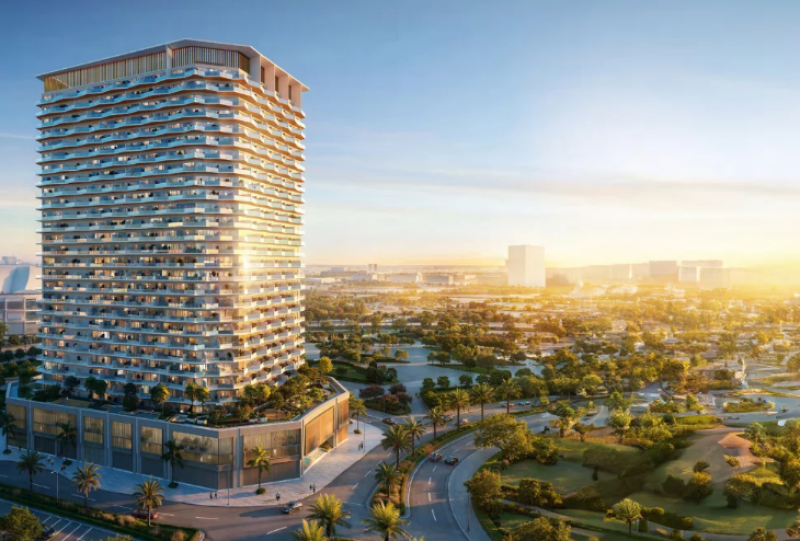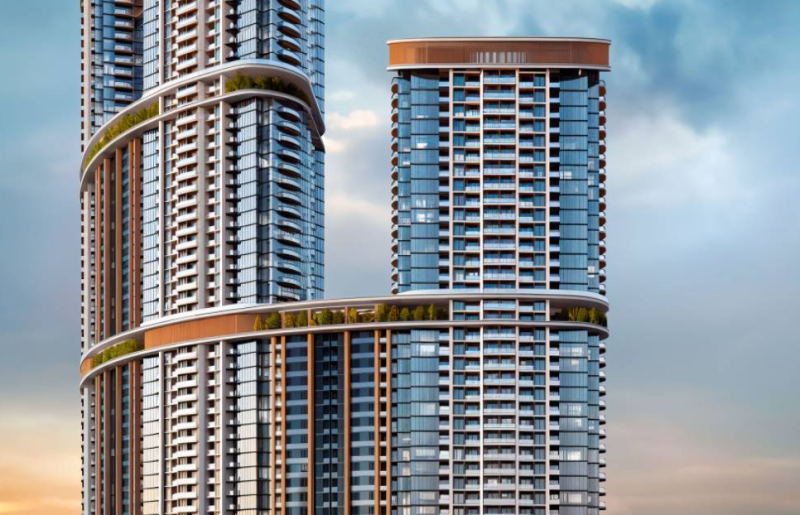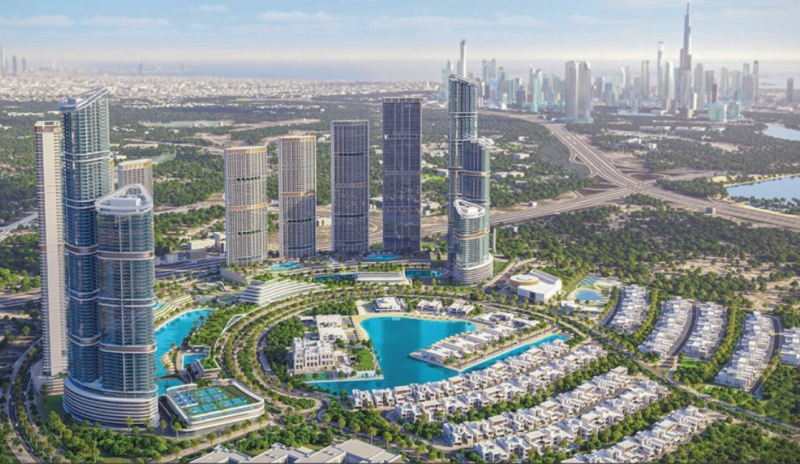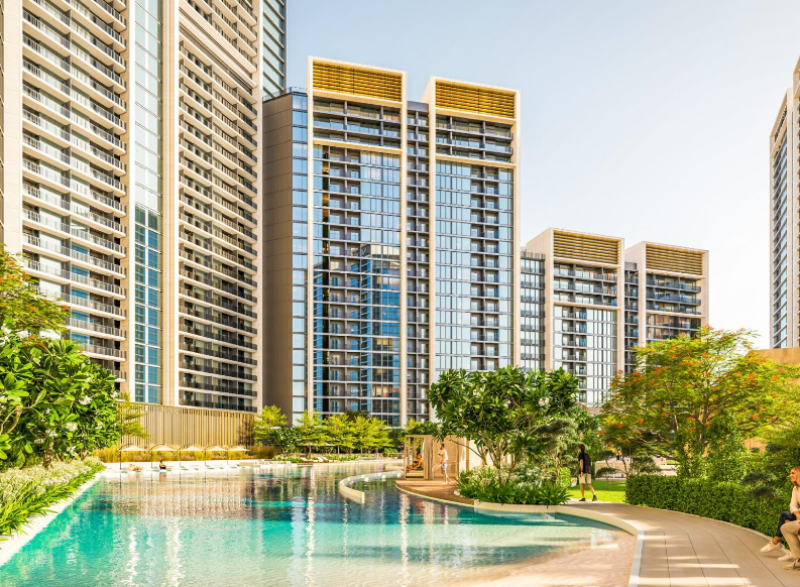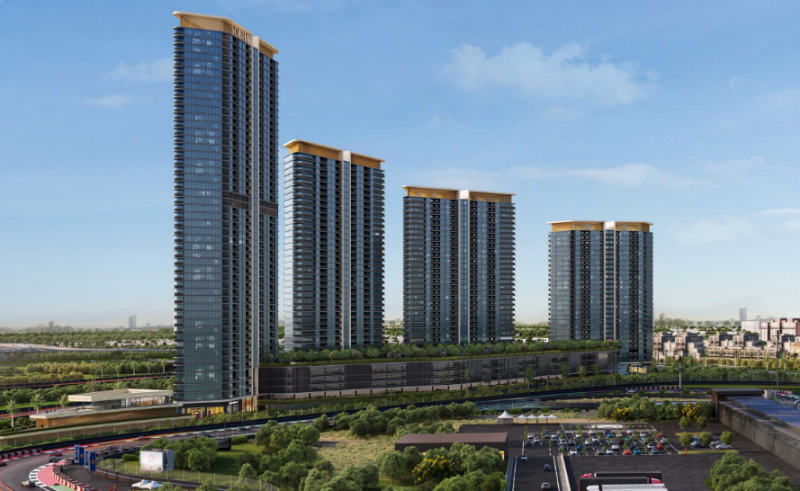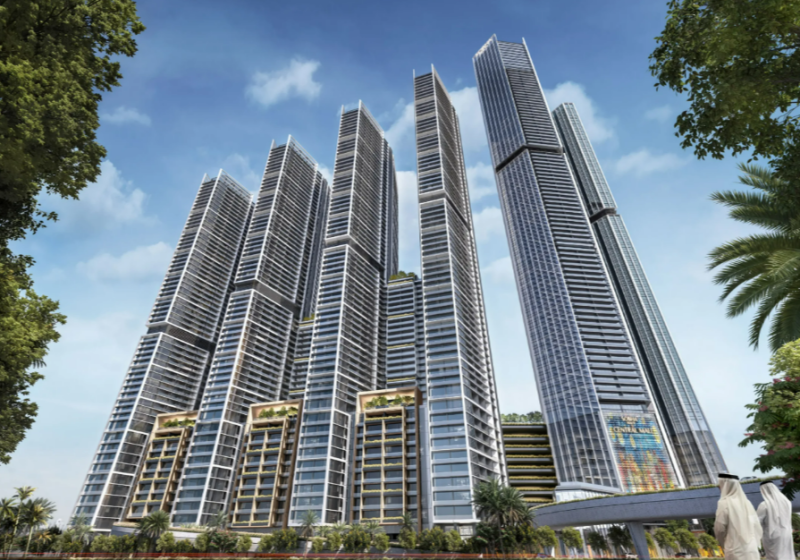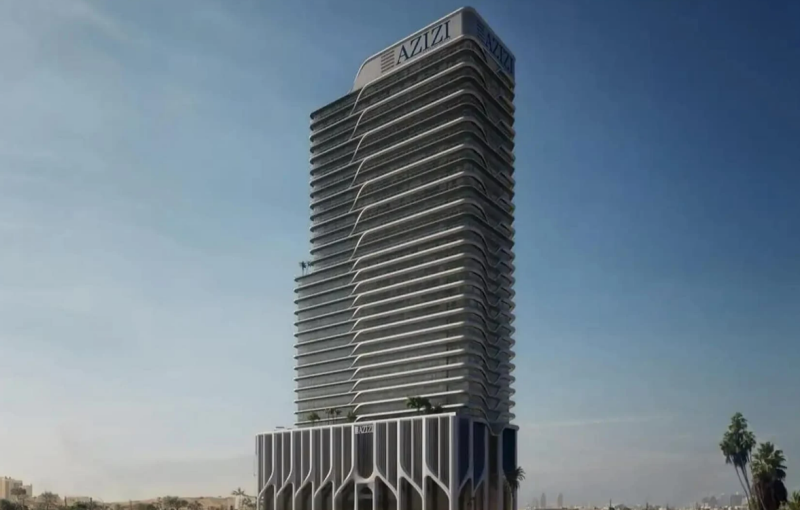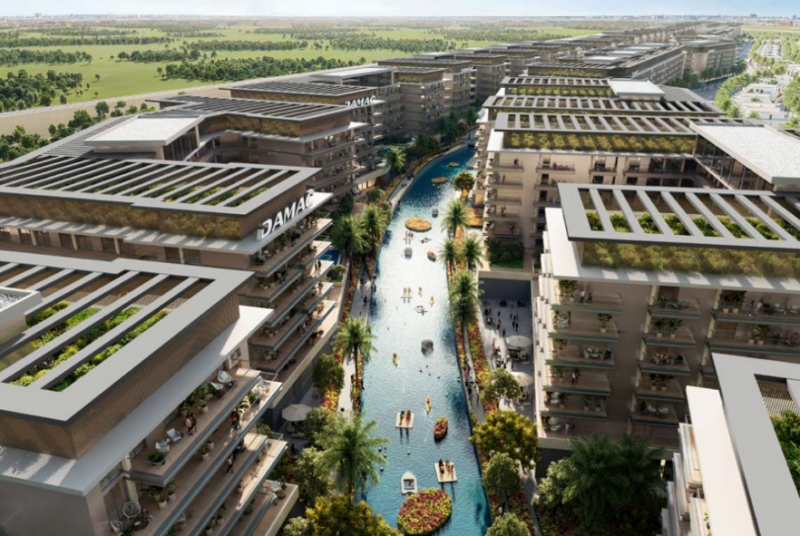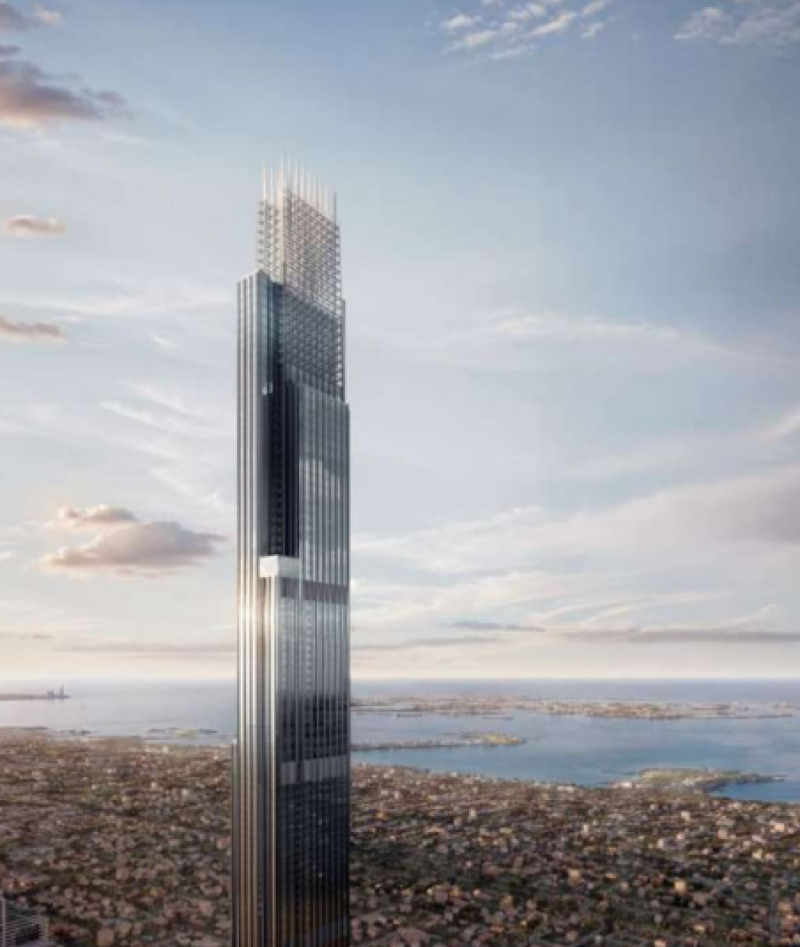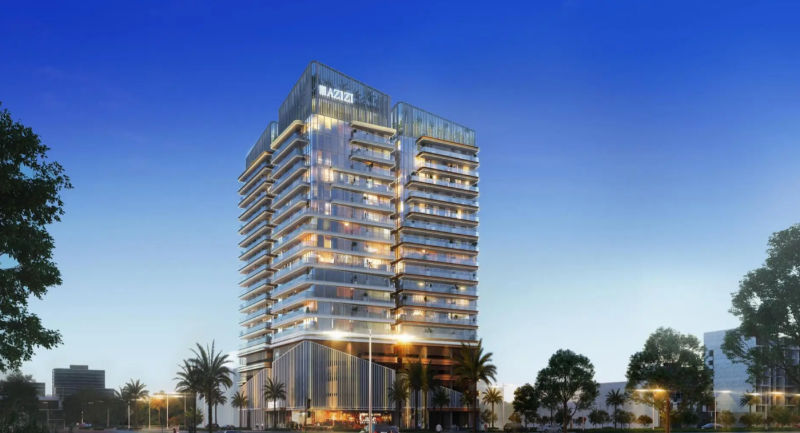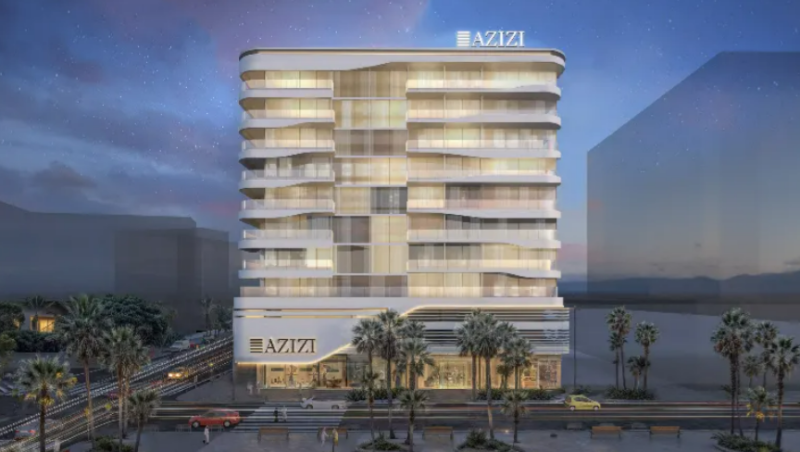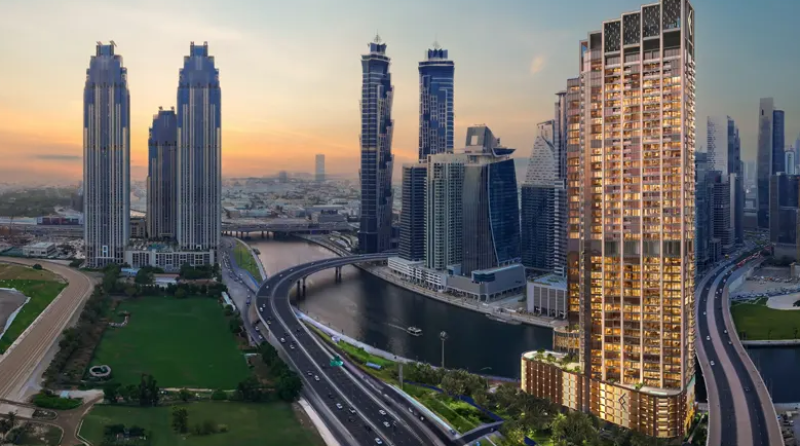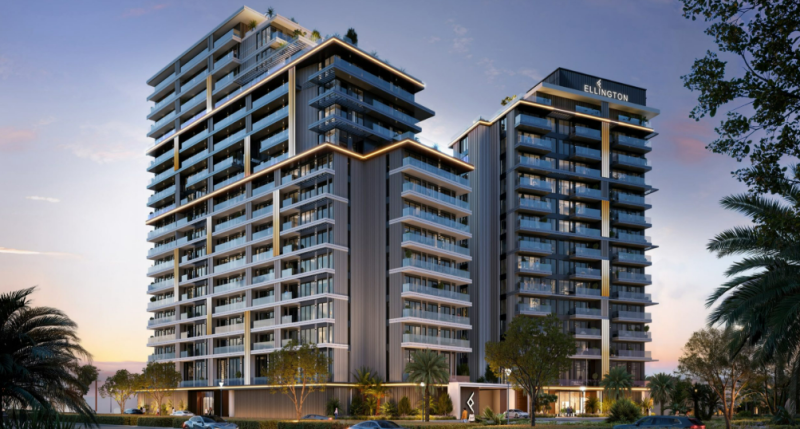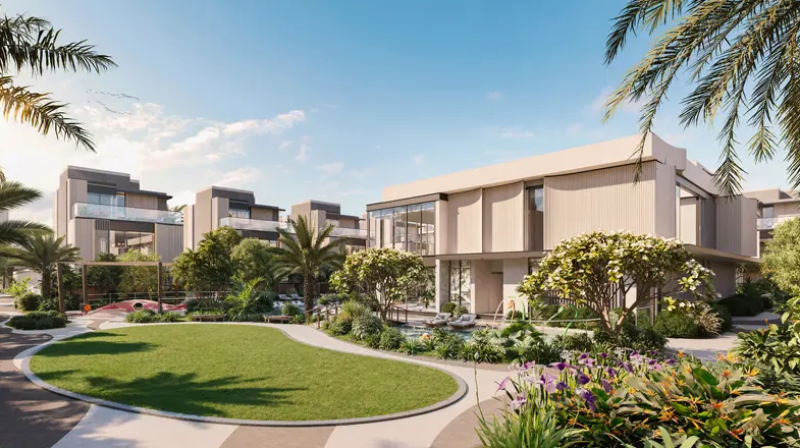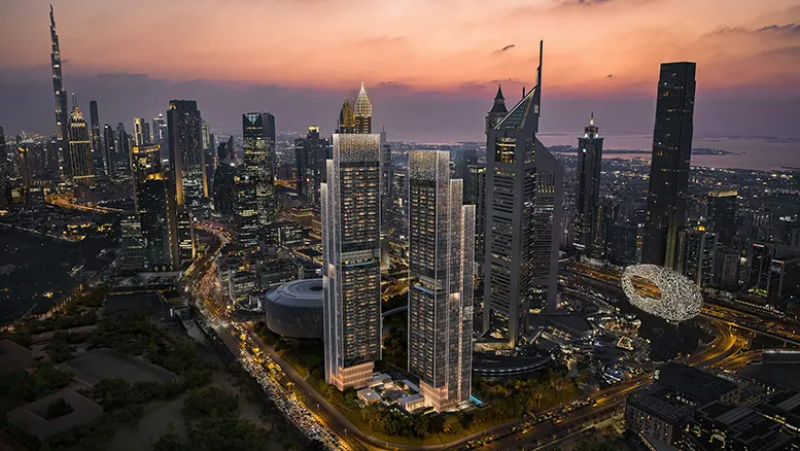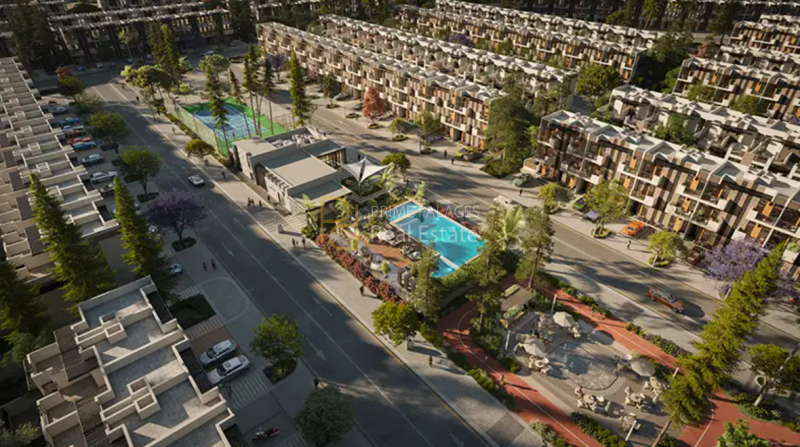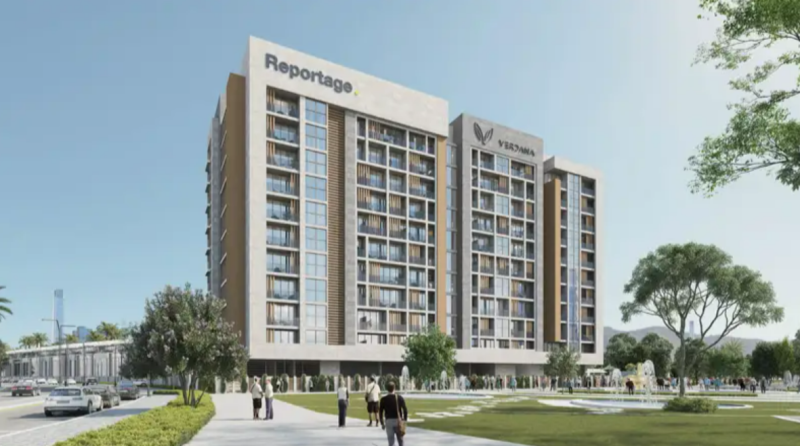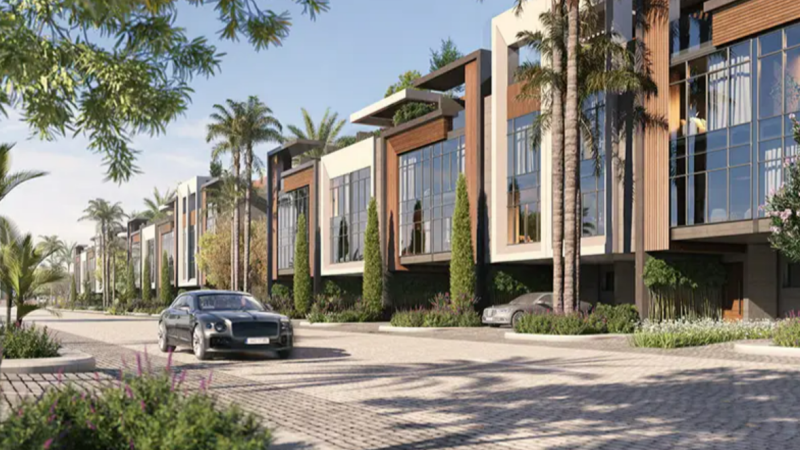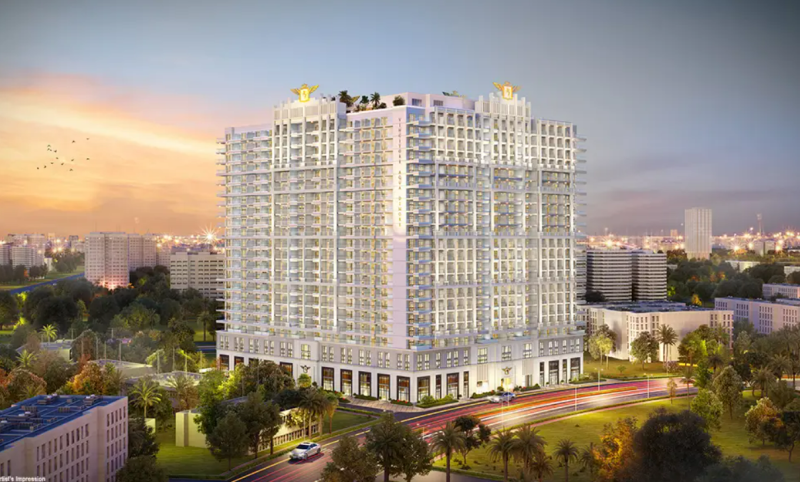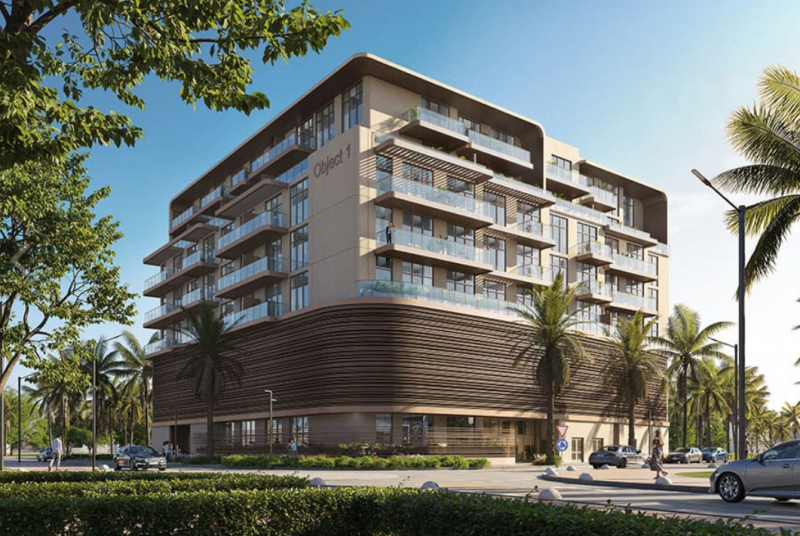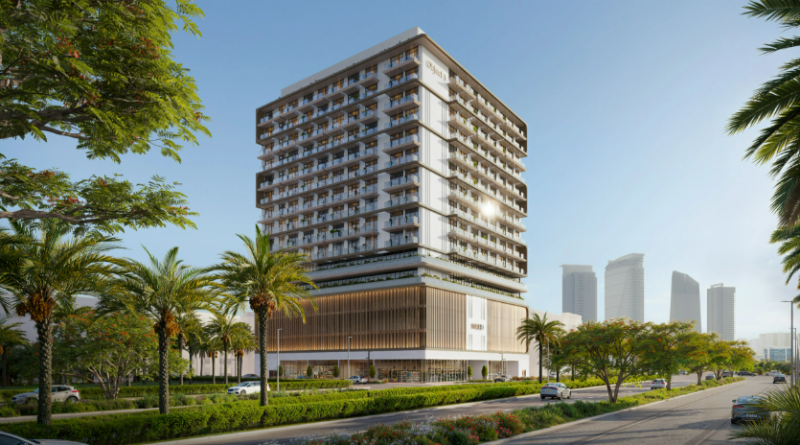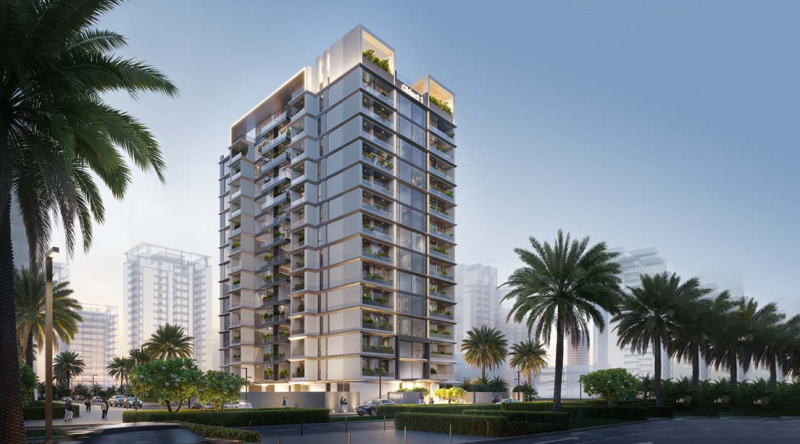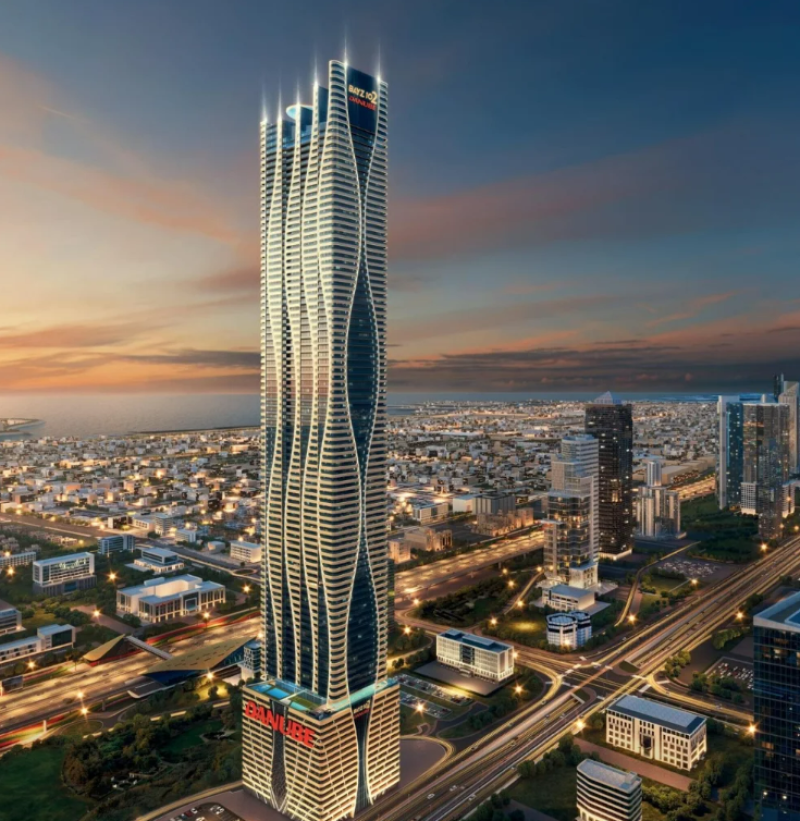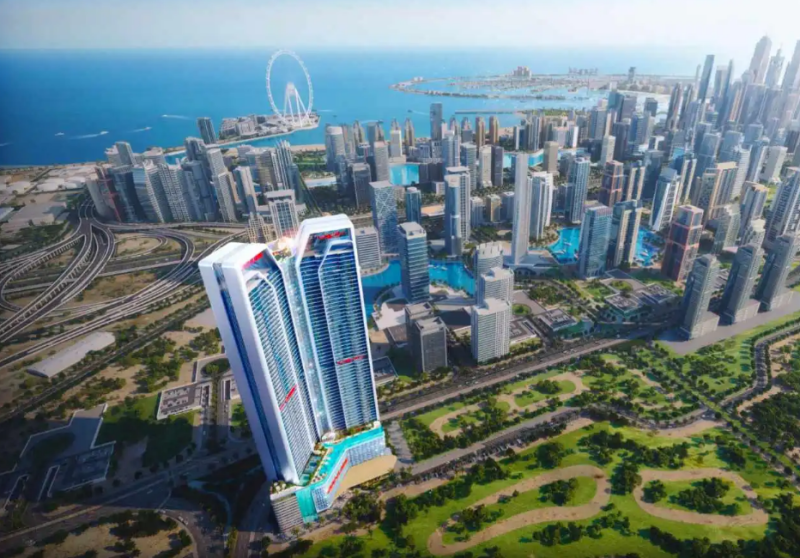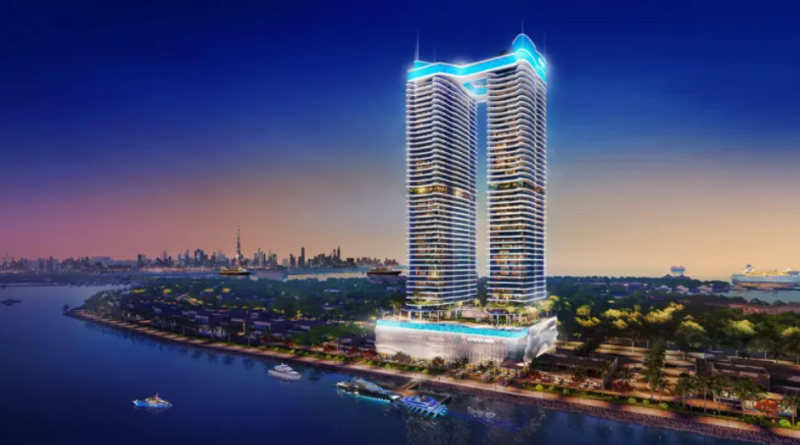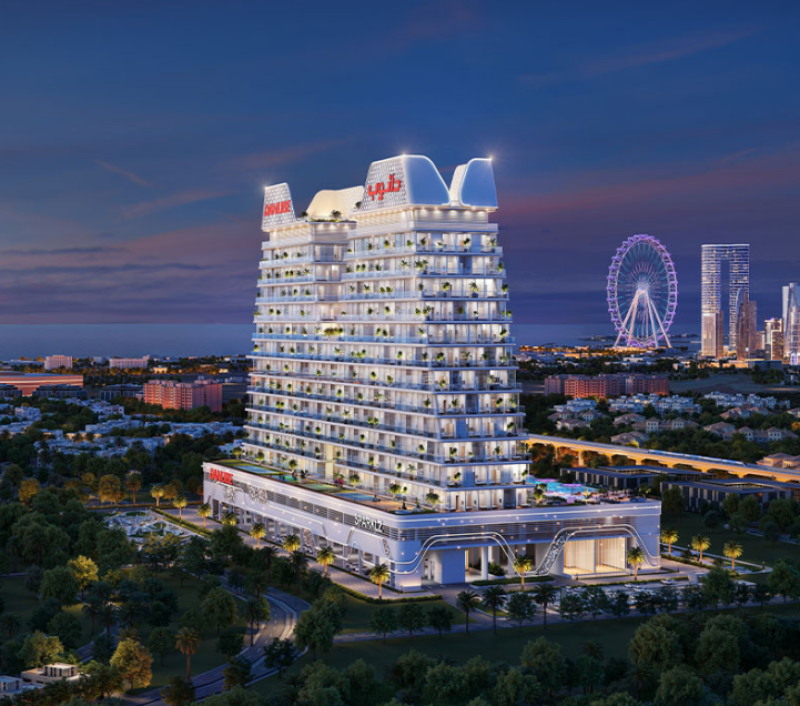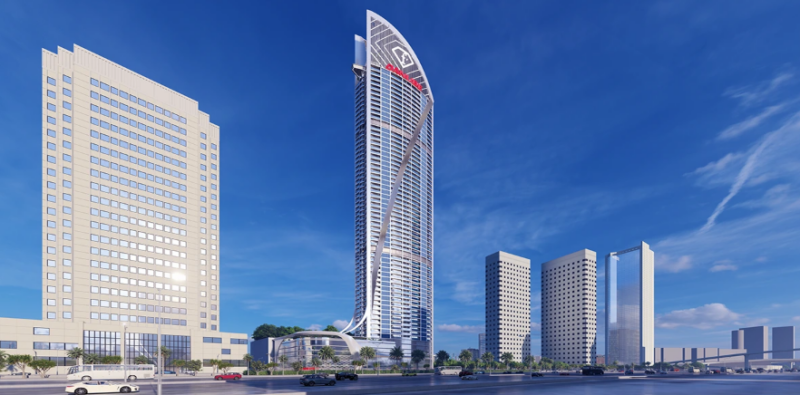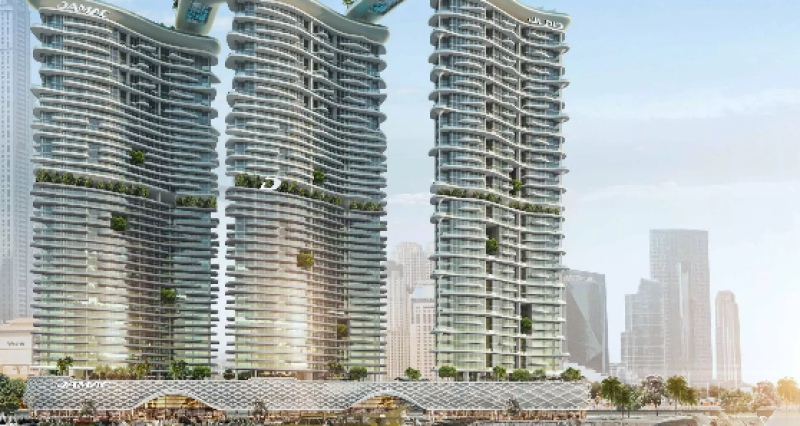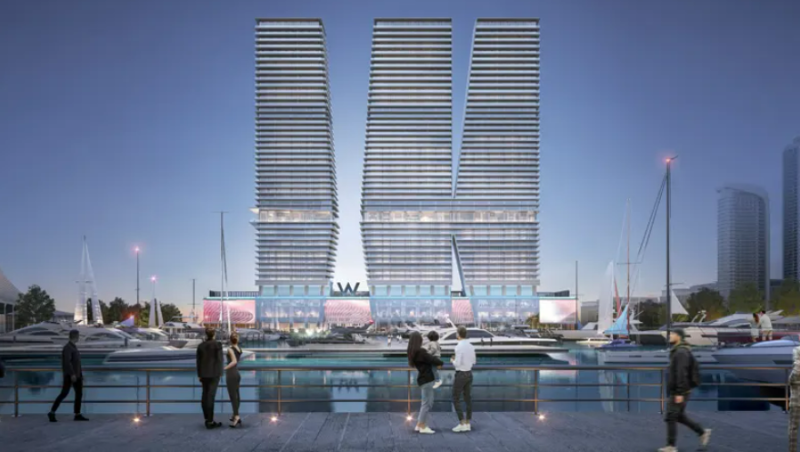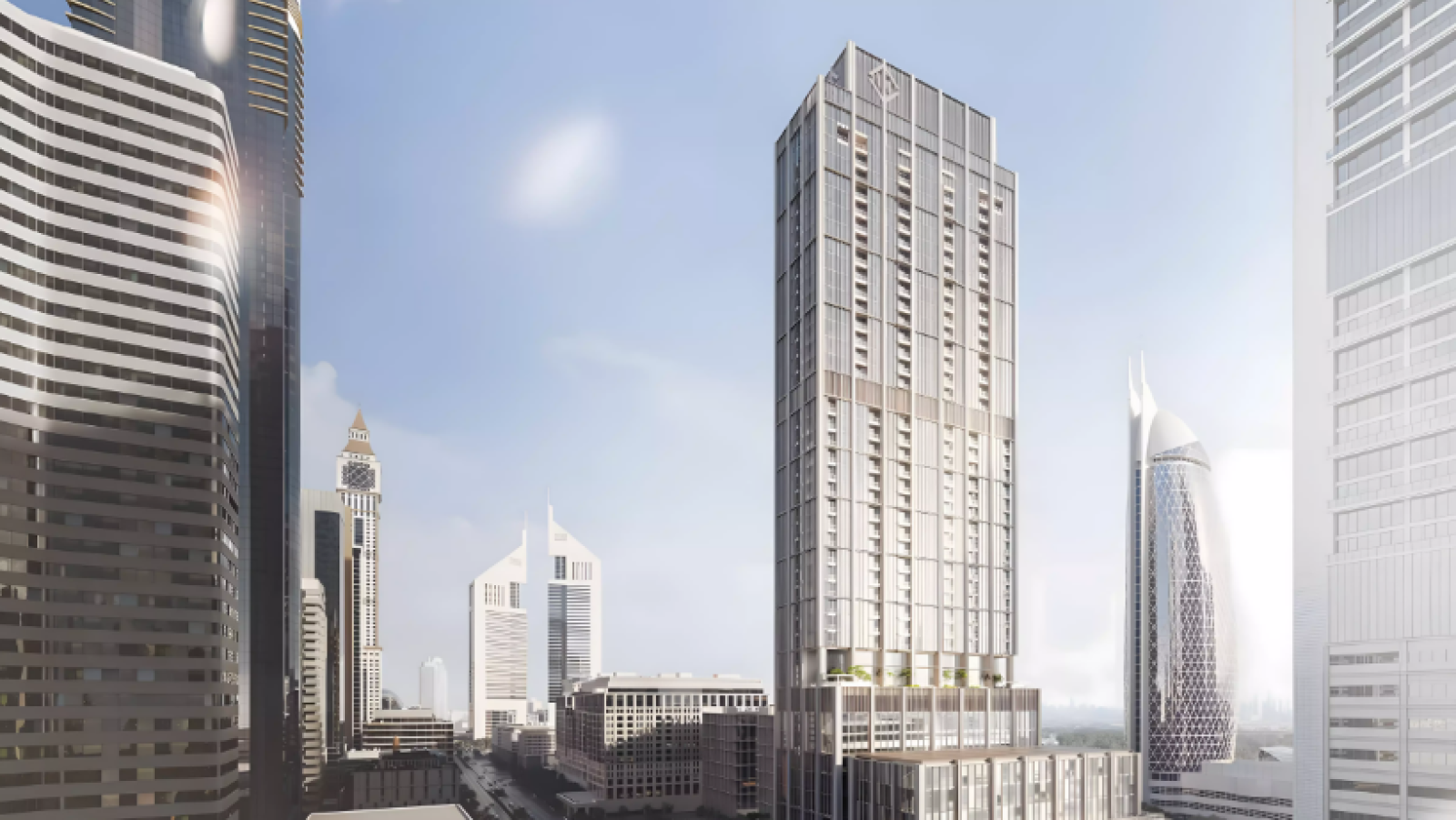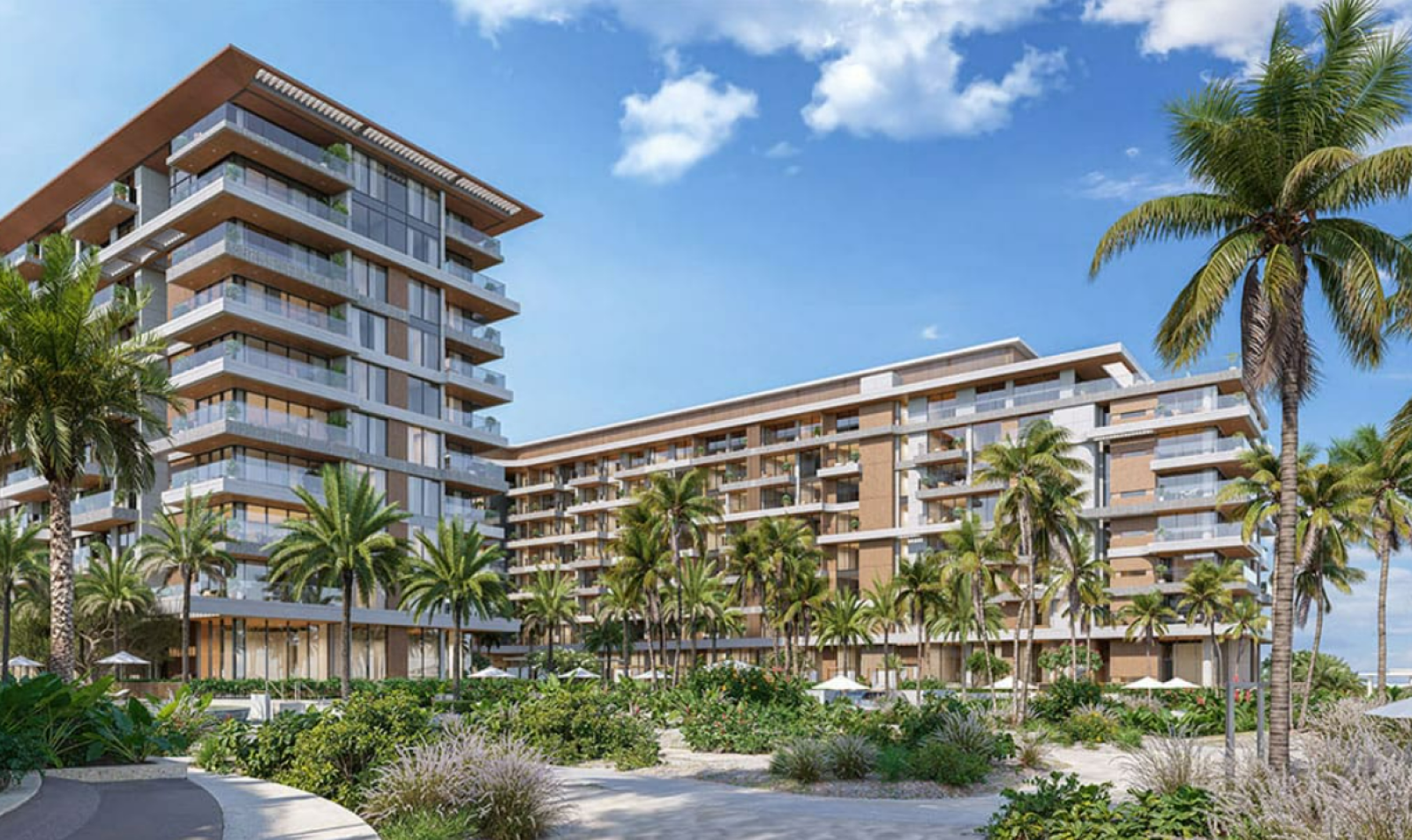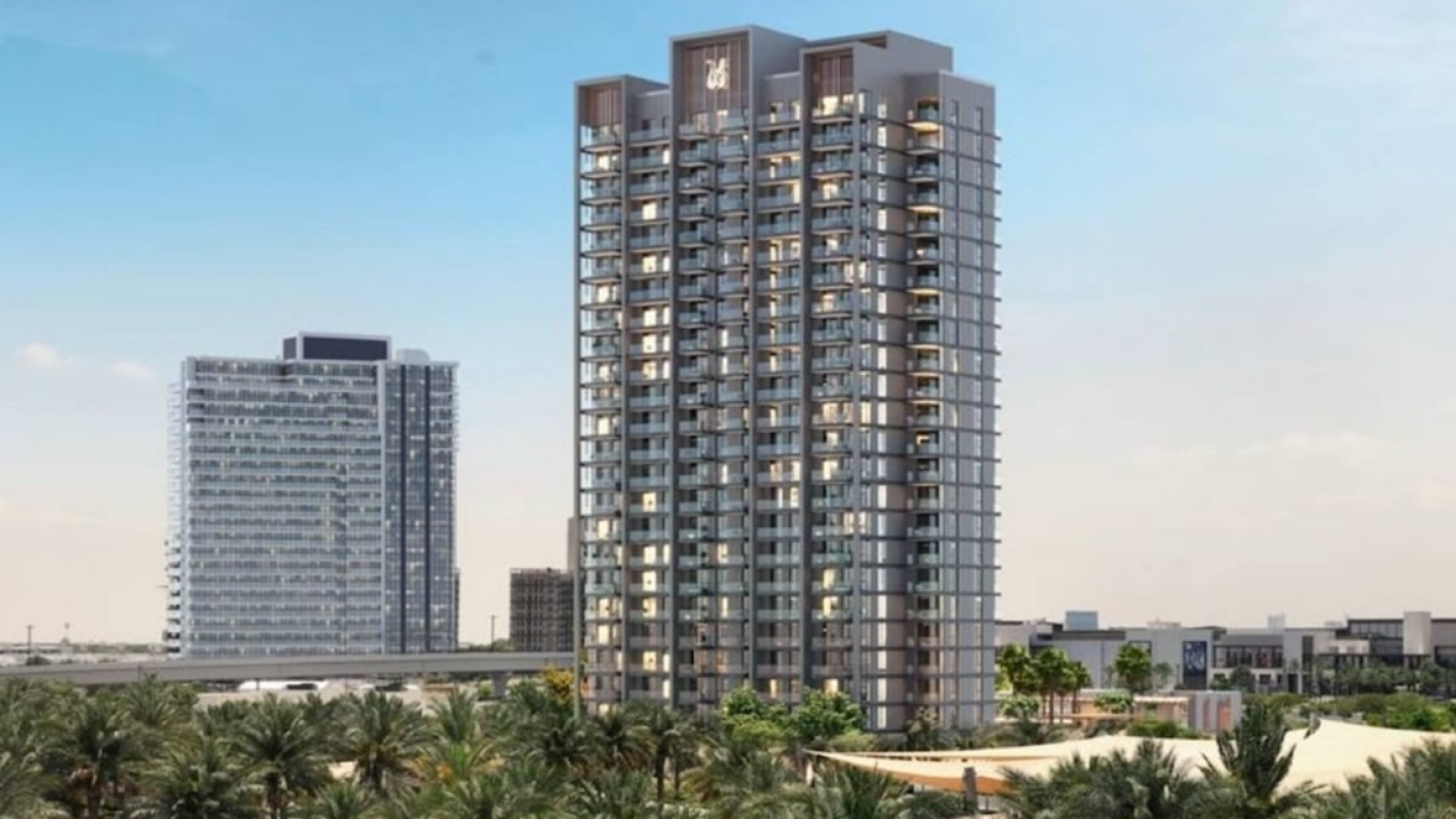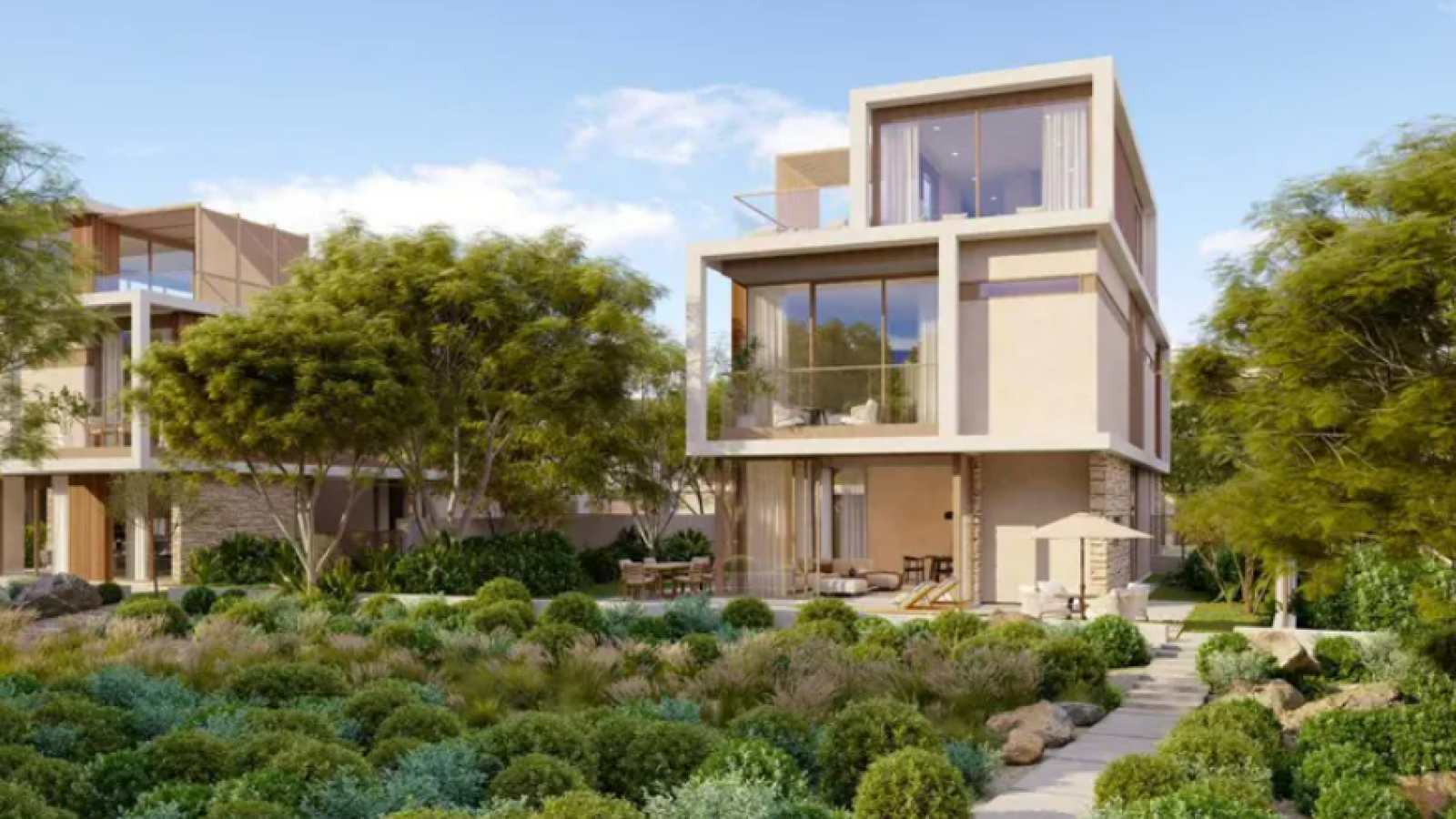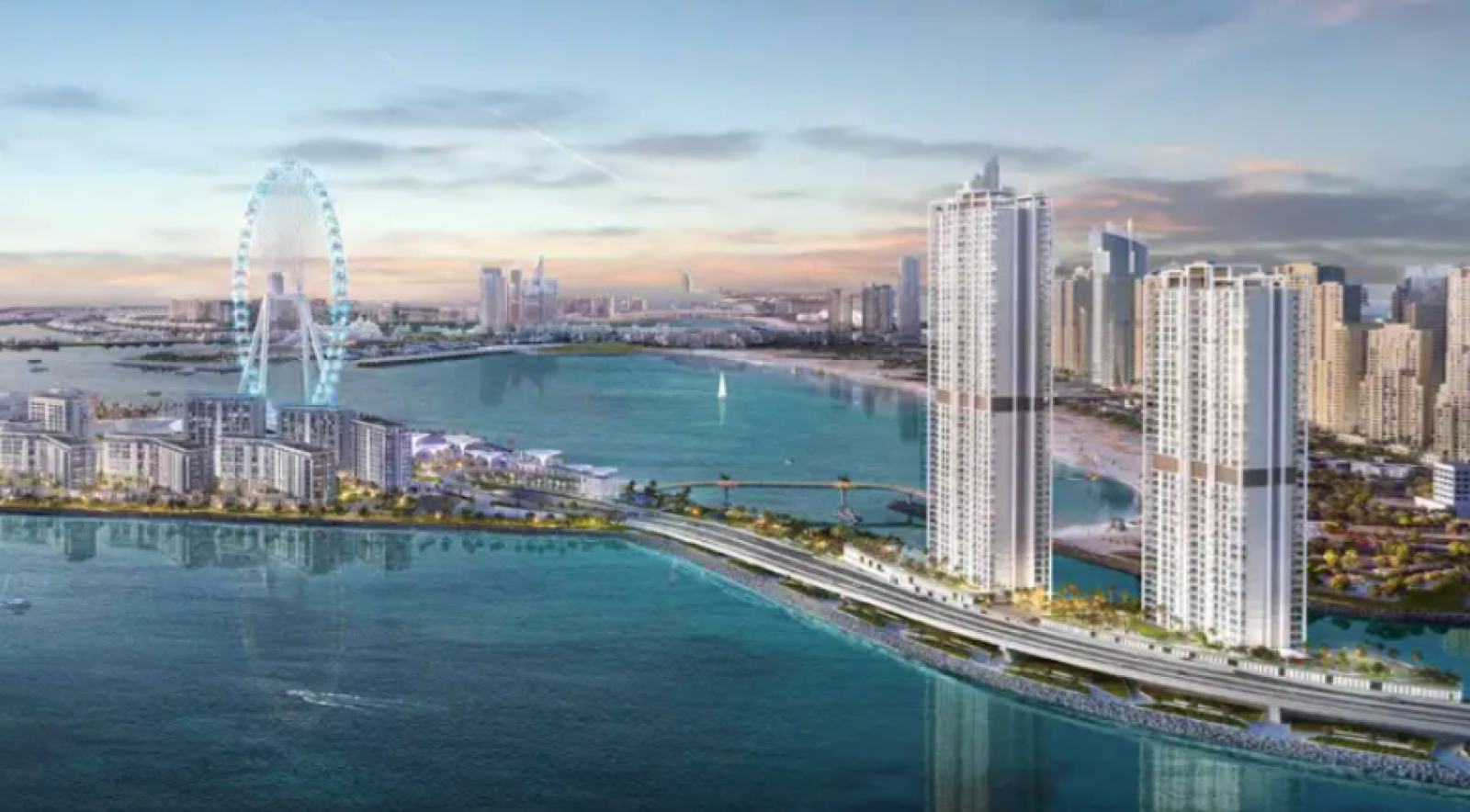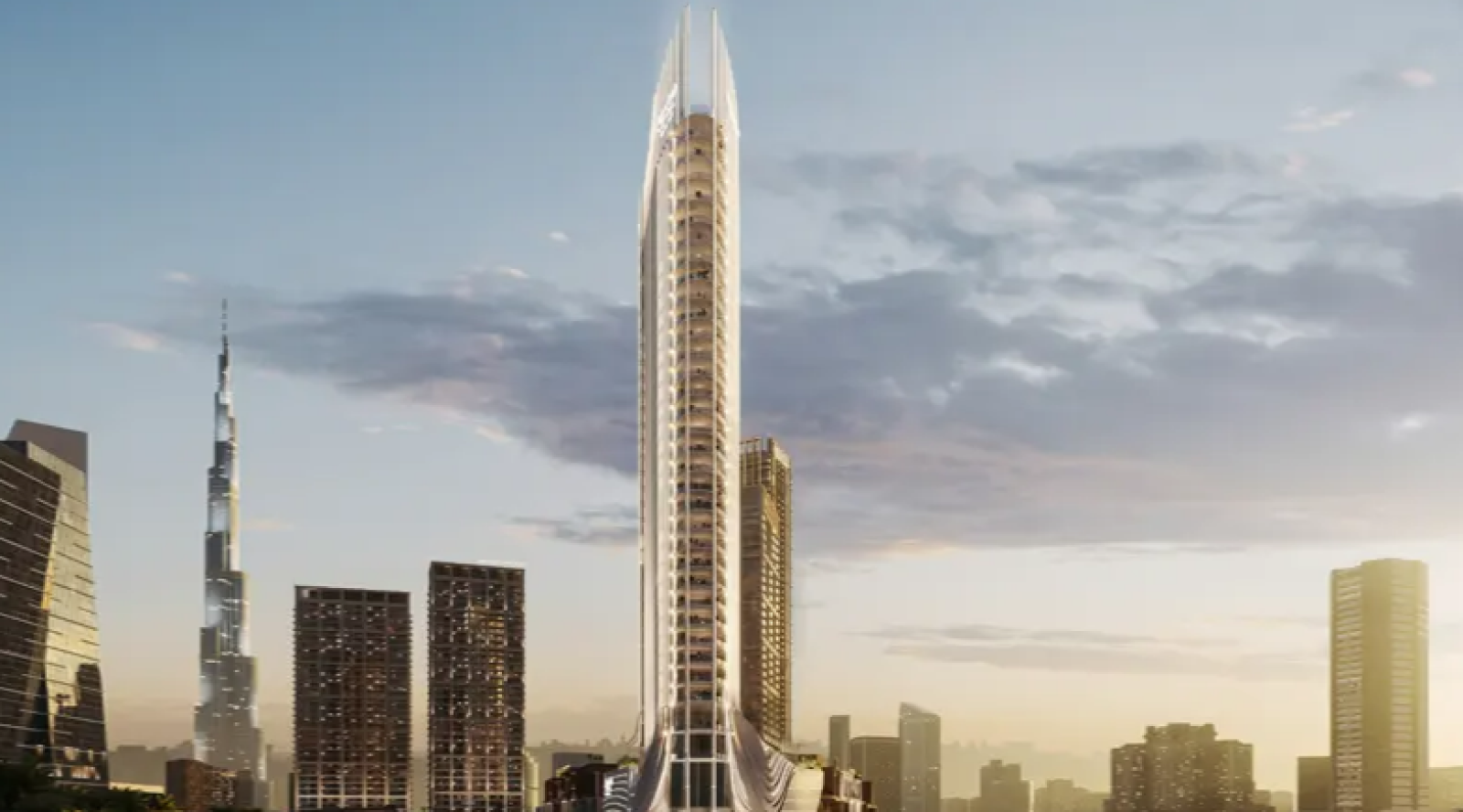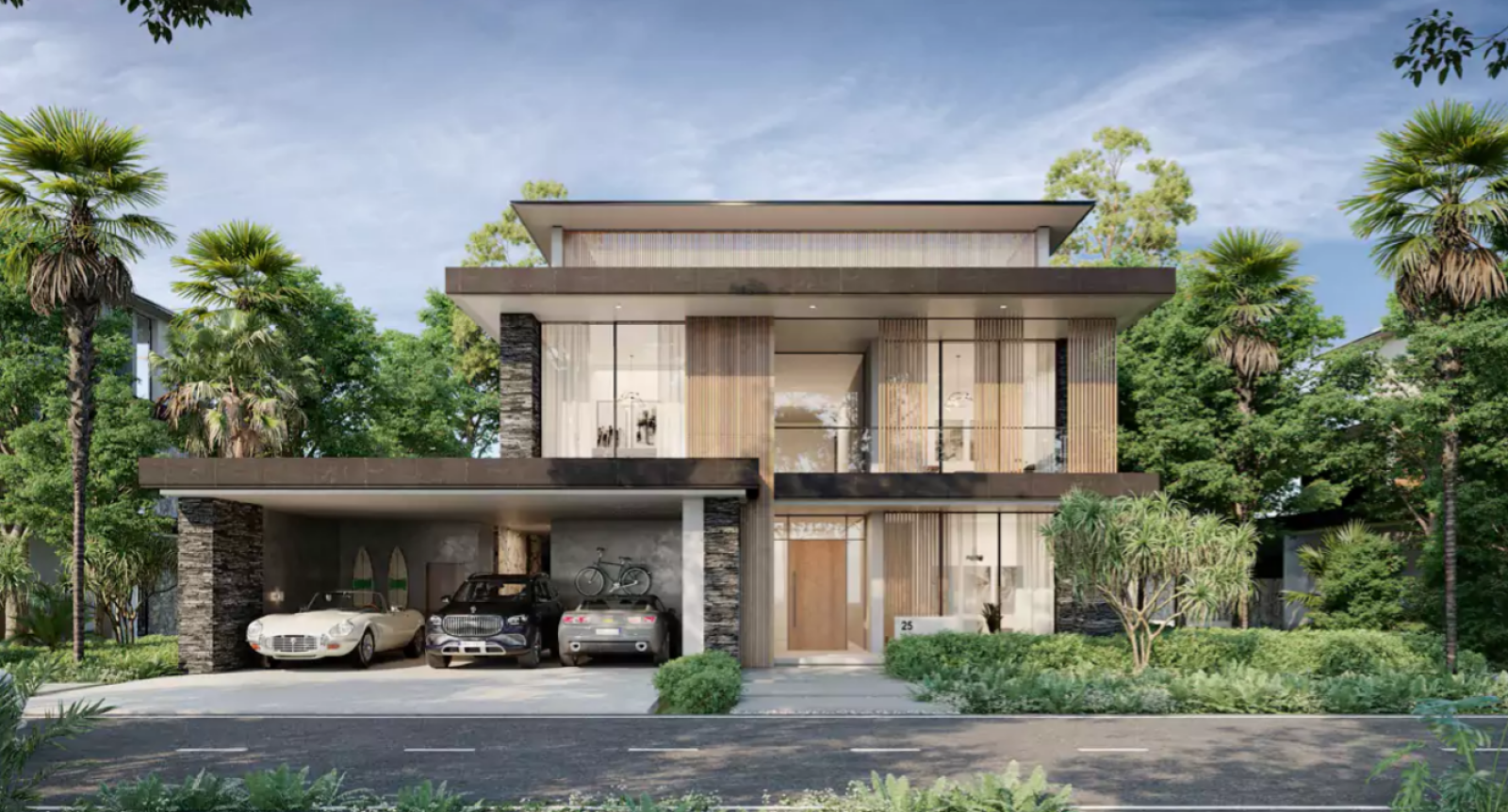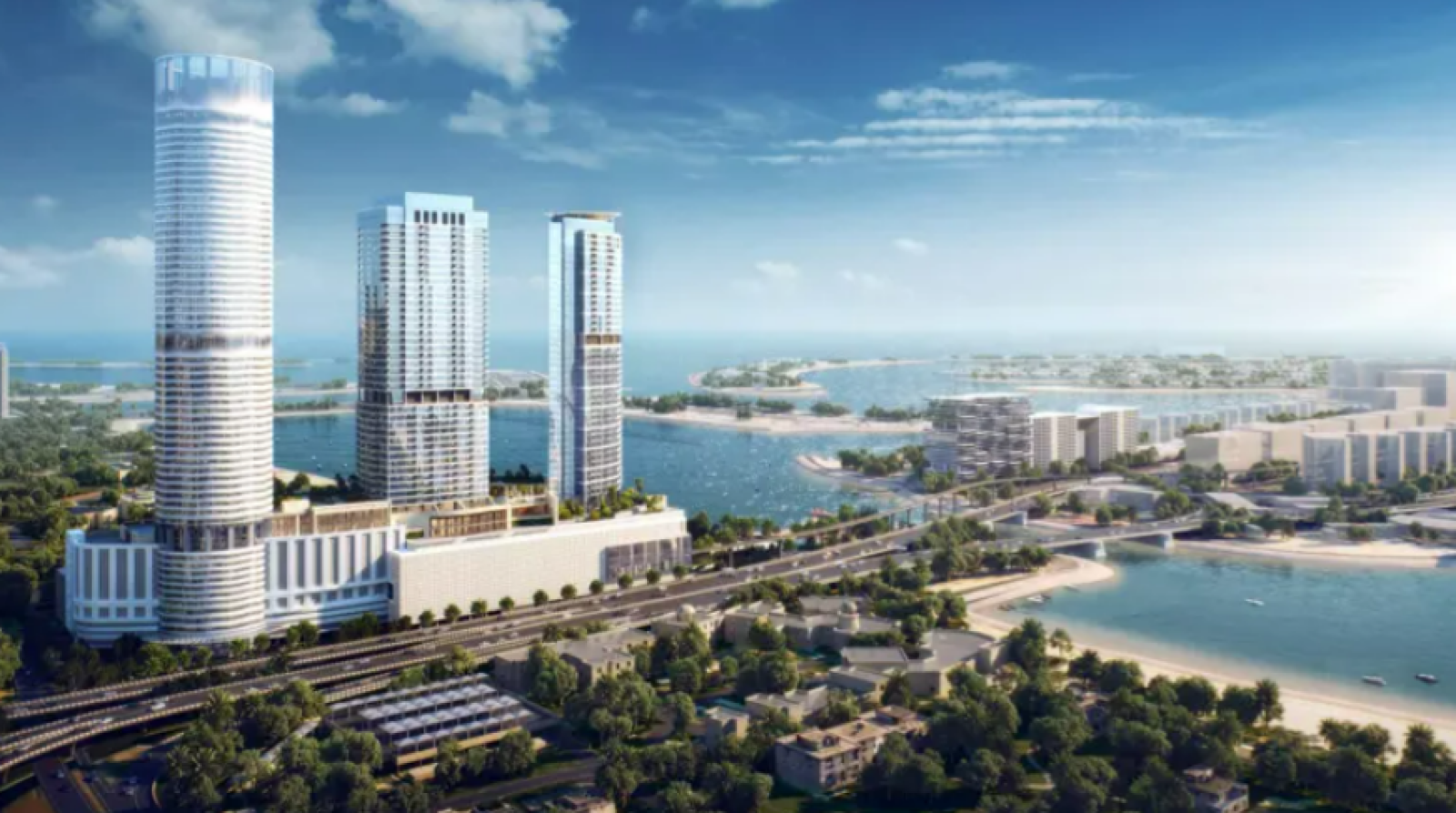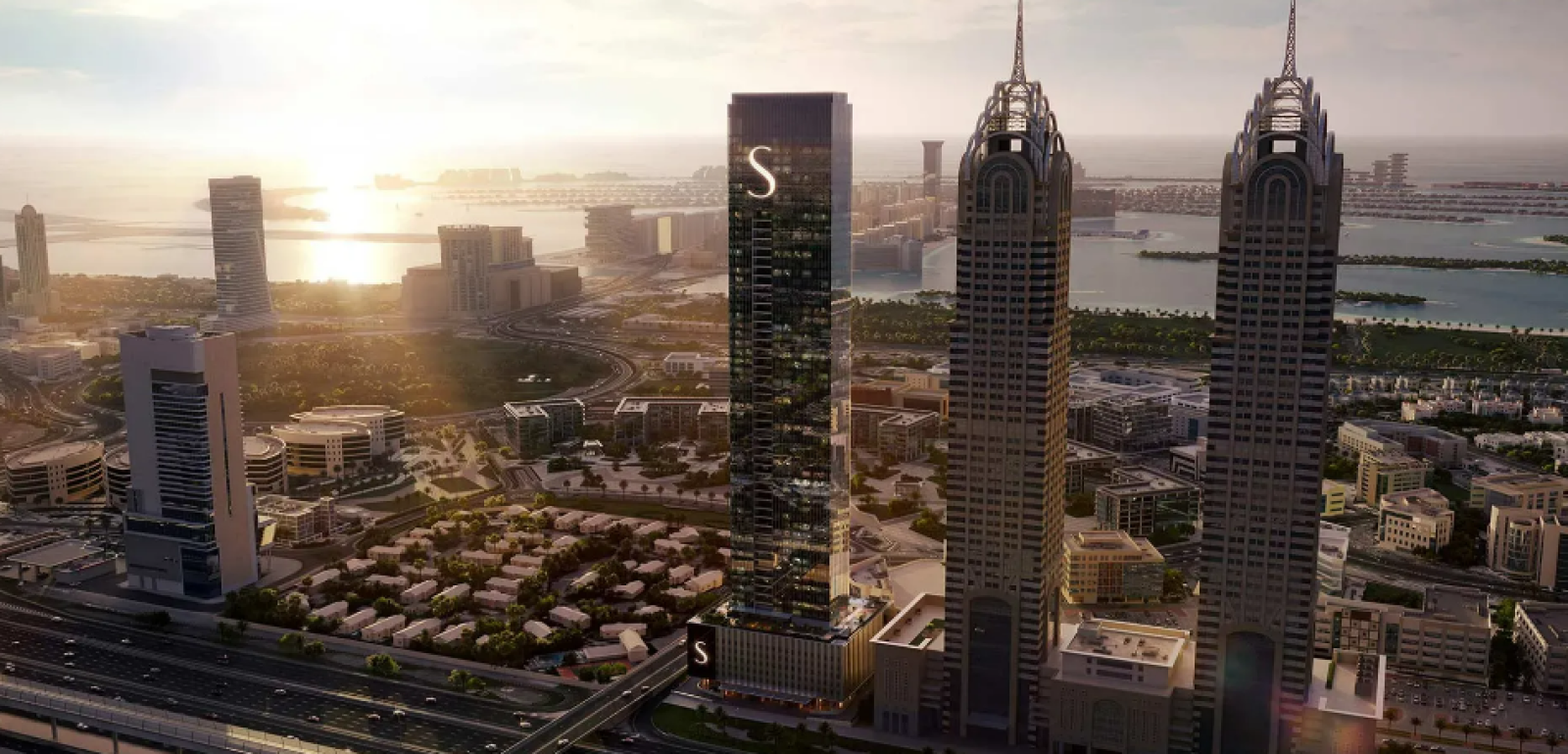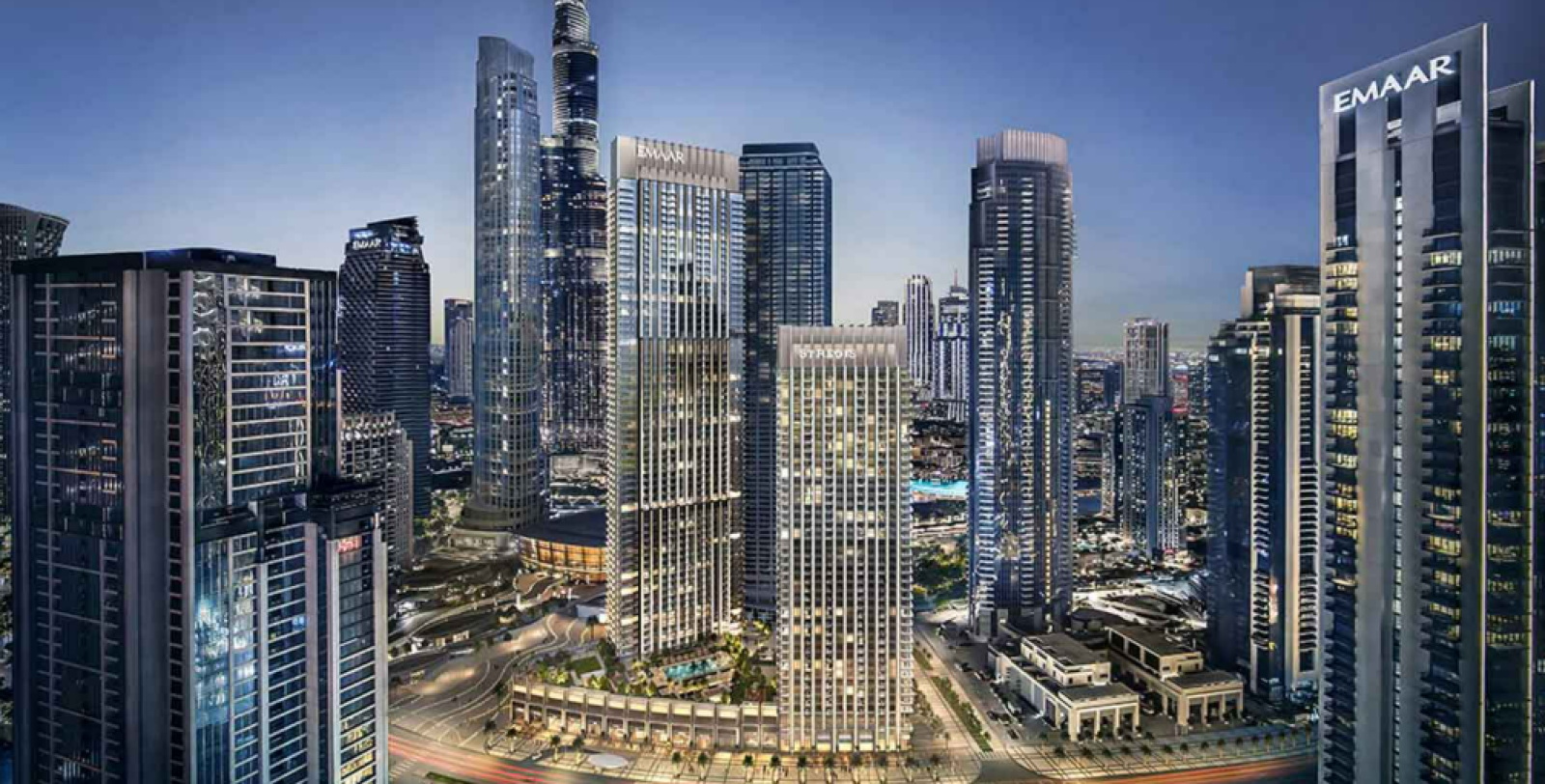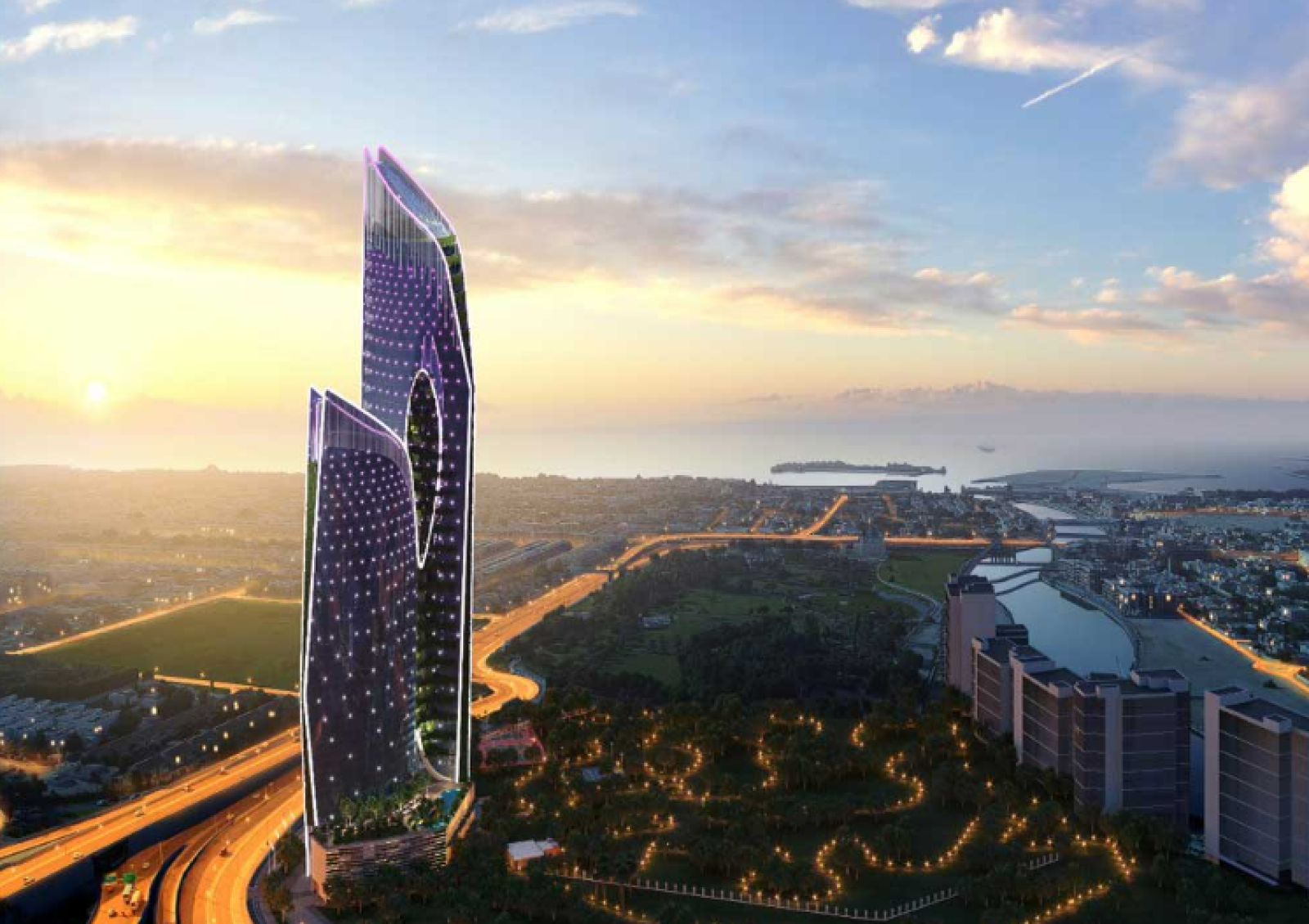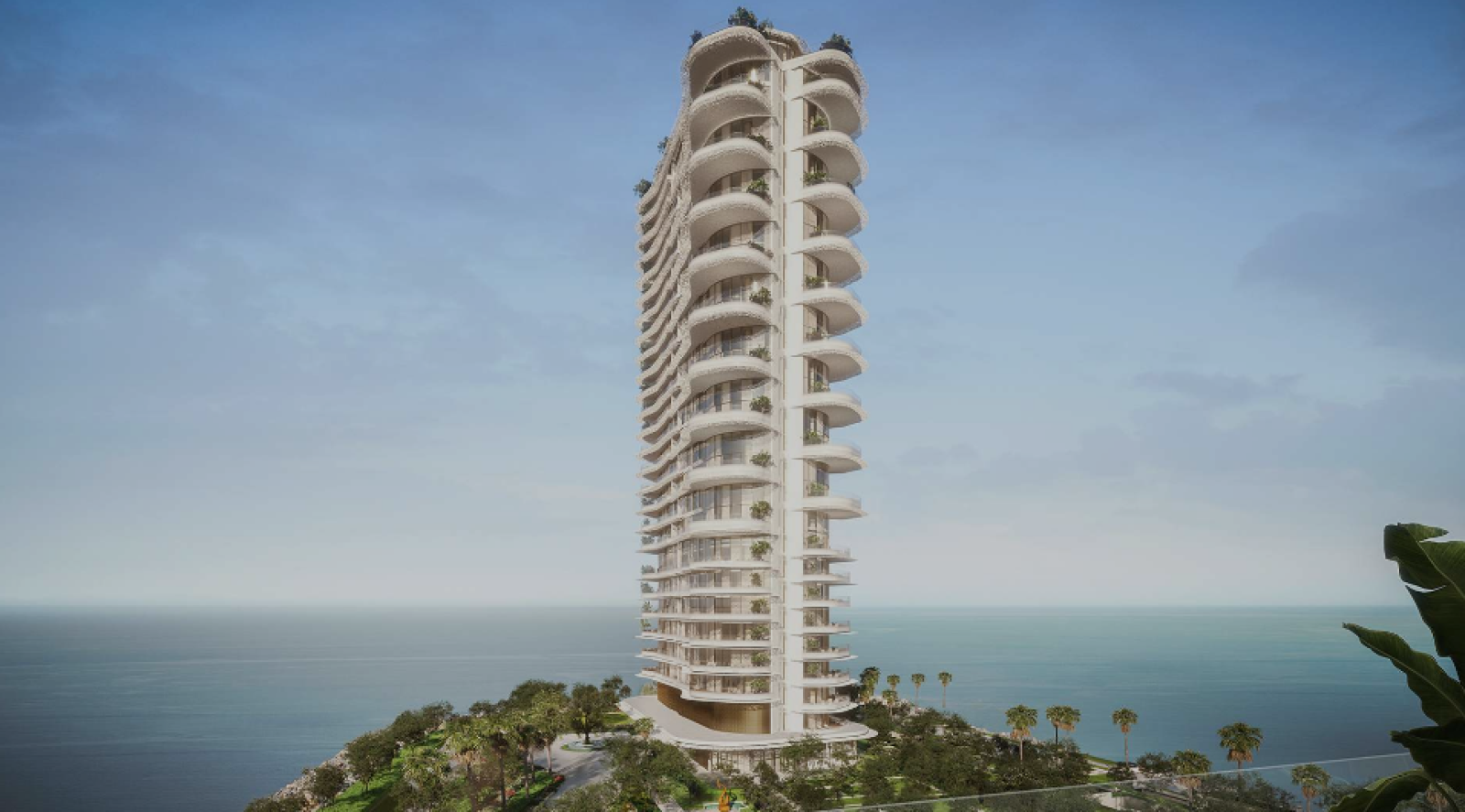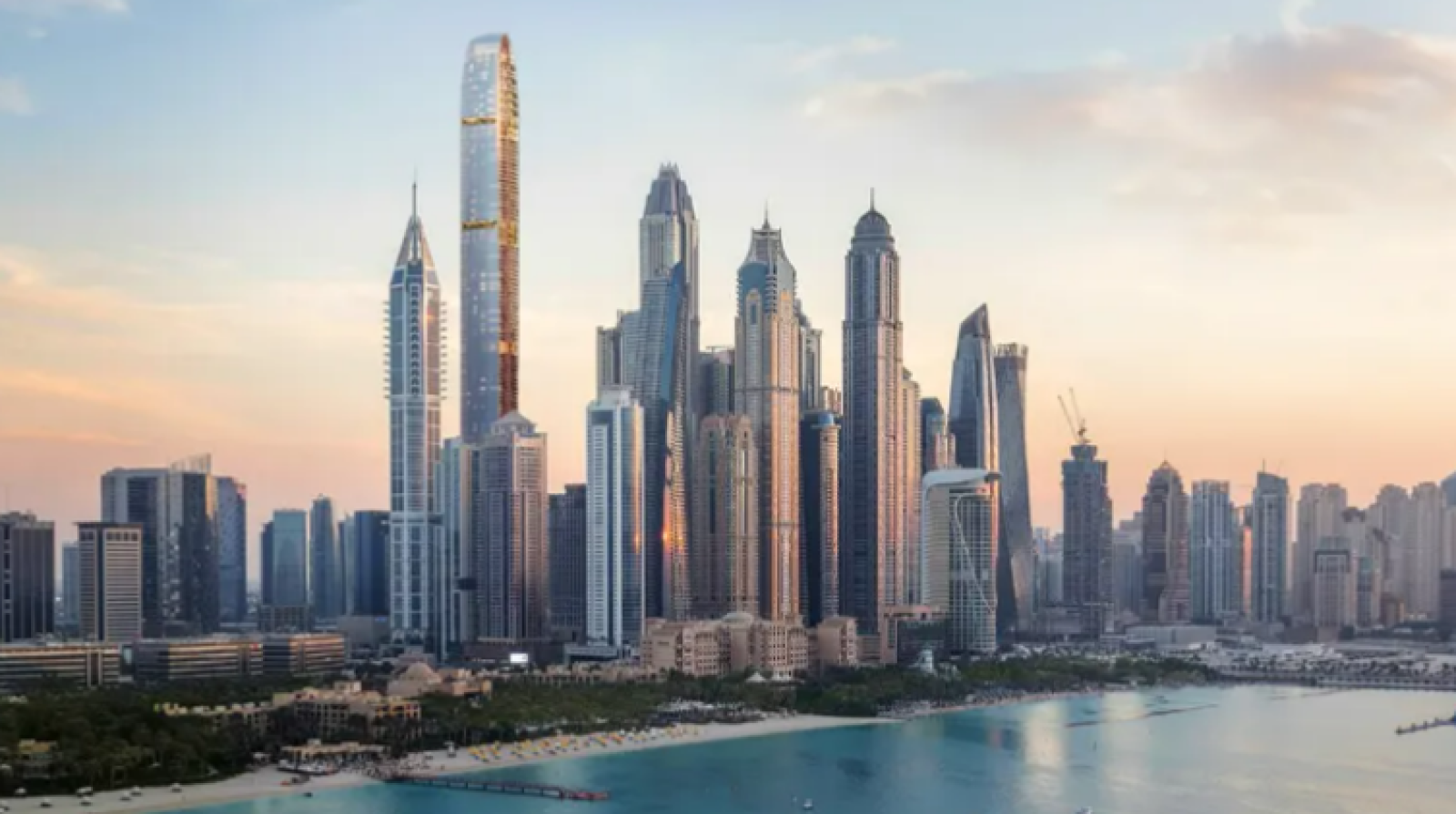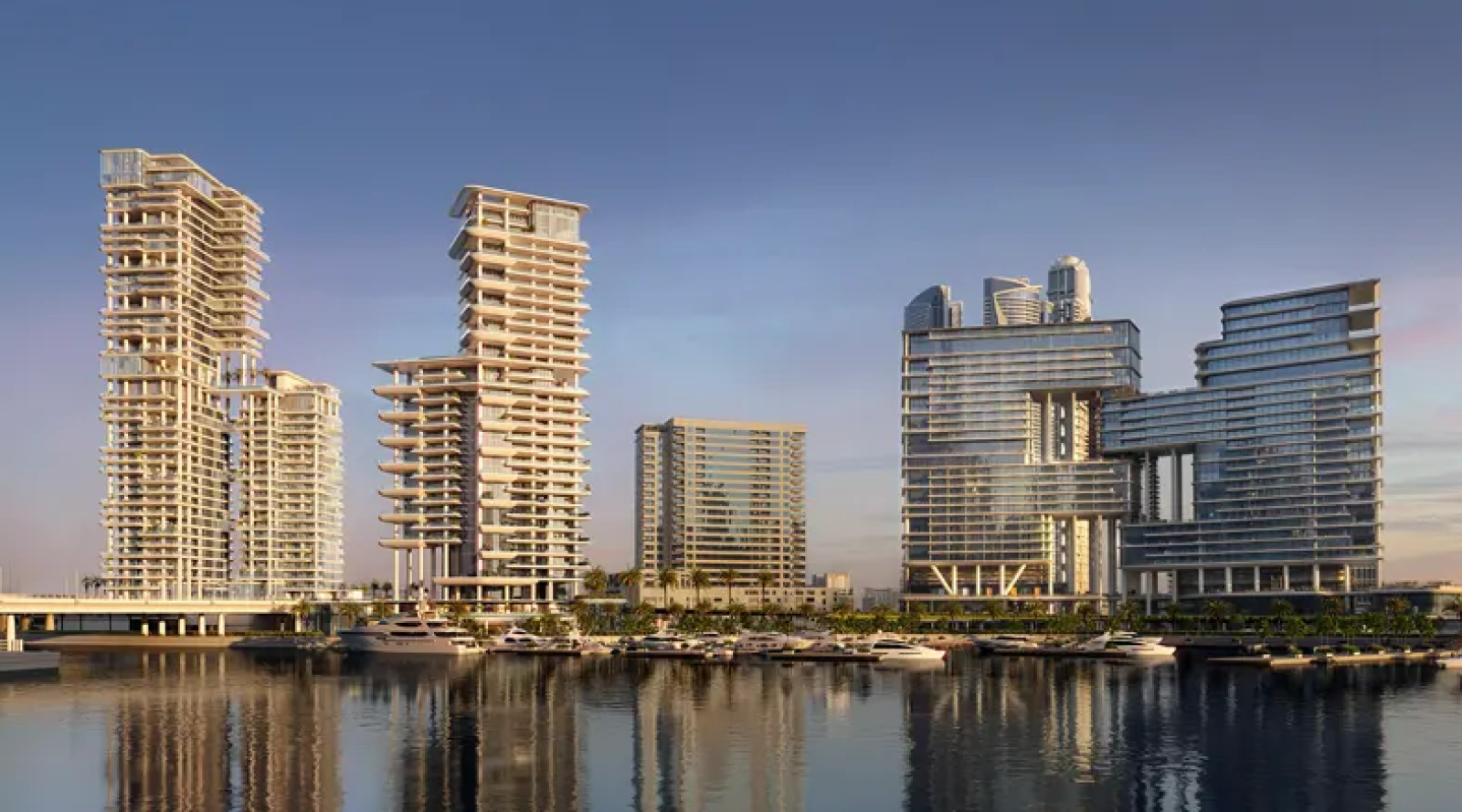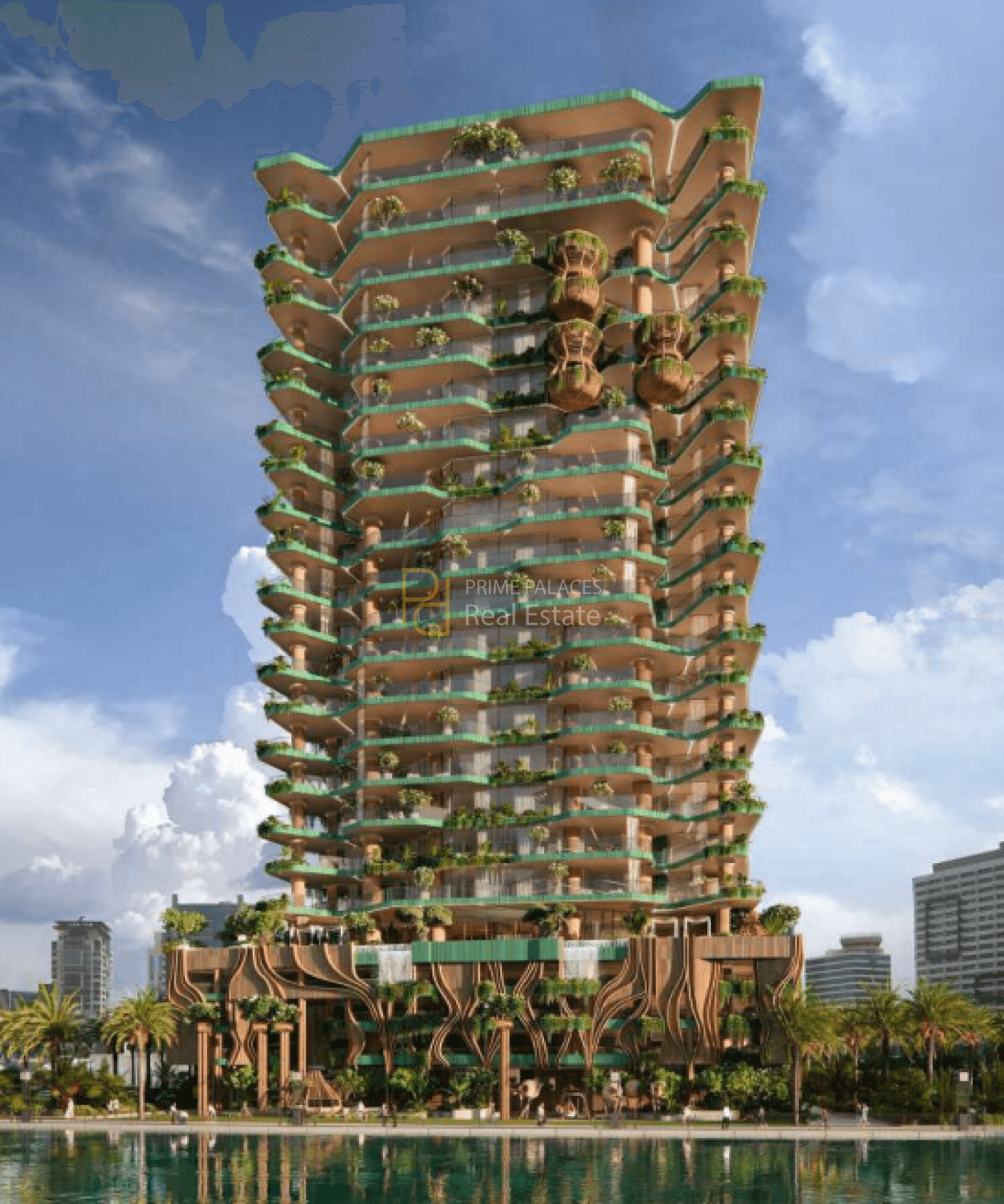The Role of Real Estate Brokers in Dubai: What to Expect
Dubai’s property market continues to attract local and global investors thanks to its tax-free income, freehold ownership, and growing demand. But navigating the Dubai real estate market—especially as a newcomer—requires expert guidance. That’s where real estate brokers in Dubai come in.
From helping buyers locate high-yield investment properties to supporting sellers with market analysis and paperwork, licensed brokers serve as the bridge between clients and the dynamic property landscape of Dubai. Understanding their role is essential whether you’re buying, selling, leasing, or investing in off-plan properties in Dubai.
1. Legal and Regulatory Expertise
All real estate brokers in Dubai must be certified by the Real Estate Regulatory Agency (RERA) and hold a valid broker license. This ensures compliance with Dubai’s strict property laws and guarantees a minimum standard of professionalism. Brokers are responsible for ensuring all transactions follow legal guidelines, especially in high-value and off-plan investment in Dubai deals.
2. Market Insight and Investment Advice
Professional brokers have deep knowledge of property values, rental trends, and buyer demand in various districts. They use this data to advise clients on pricing, rental strategy, and timing—whether the client is looking to occupy or maximize rental income in Dubai. For investors, this expertise is especially valuable when comparing rental yields in Dubai or evaluating locations for capital appreciation.
3. Property Sourcing and Negotiation
One of the most practical benefits of working with a broker is access to a wider inventory. Brokers often hold exclusive listings and can match clients with properties that meet specific criteria, including budget, location, and purpose. They also handle price negotiations, ensuring buyers do not overpay and landlords receive competitive lease agreements.
4. Documentation and Transaction Support
From drafting the Memorandum of Understanding (MoU) to preparing tenancy contracts and Ejari registration, brokers streamline the entire documentation process. This includes coordinating with banks for mortgage pre-approvals and ensuring all parties meet their contractual obligations—minimizing delays and legal risks.
5. Property Marketing and Lead Generation
For property owners and developers, brokers are vital to marketing and lead generation. They create listings, conduct property viewings, and manage advertising across digital platforms. In a competitive Dubai property market, effective marketing can mean the difference between fast turnover and prolonged vacancy.
6. Support in Off-Plan Transactions
Buying off-plan requires a broker who understands construction timelines, developer reputations, and escrow protections. Experienced brokers help clients assess risks and recommend reputable developers, making them essential in successful off-plan property investment in Dubai.
7. After-Sales Services
Good brokers don’t disappear after the deal is signed. Many assist with property handover, snagging reports, leasing, or even finding furniture packages. This post-sale support is especially important for overseas clients who rely on brokers to manage their assets remotely and ensure steady rental income in Dubai.
Choosing the Right Broker
A professional broker should be licensed, responsive, and knowledgeable about the market segment you’re targeting—be it freehold apartments in Dubai, villas, or off-plan properties in Dubai. Look for client reviews, ask about their past transactions, and ensure they have access to up-to-date market data.
In a fast-moving and regulation-driven property environment like Dubai, a competent broker is not optional—it’s essential. The best brokers are more than just intermediaries; they are strategic partners in building wealth, reducing risk, and navigating the complexities of the real estate investment in Dubai landscape.


